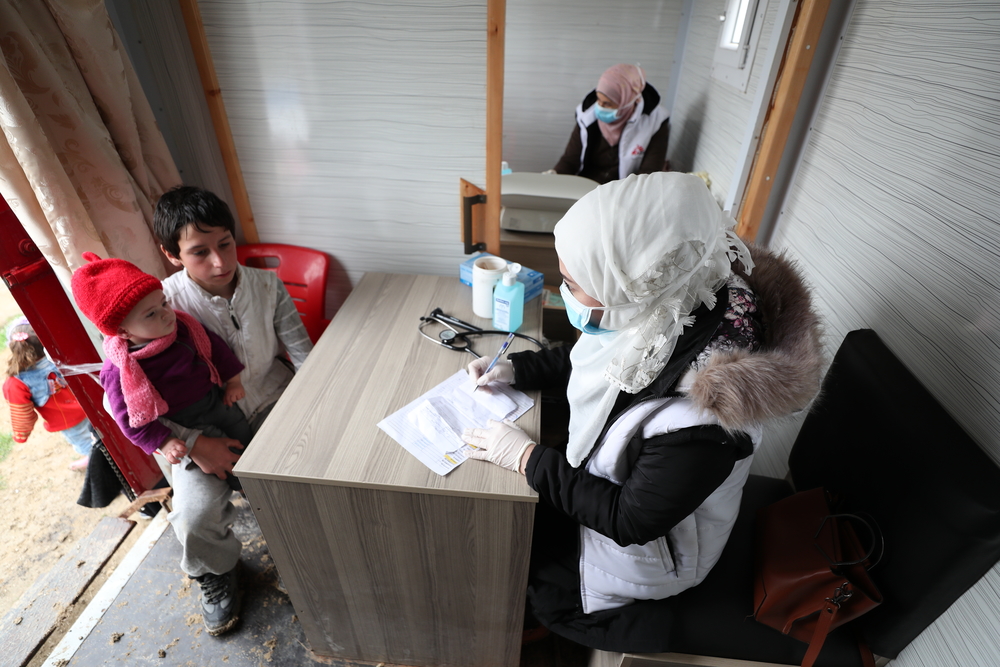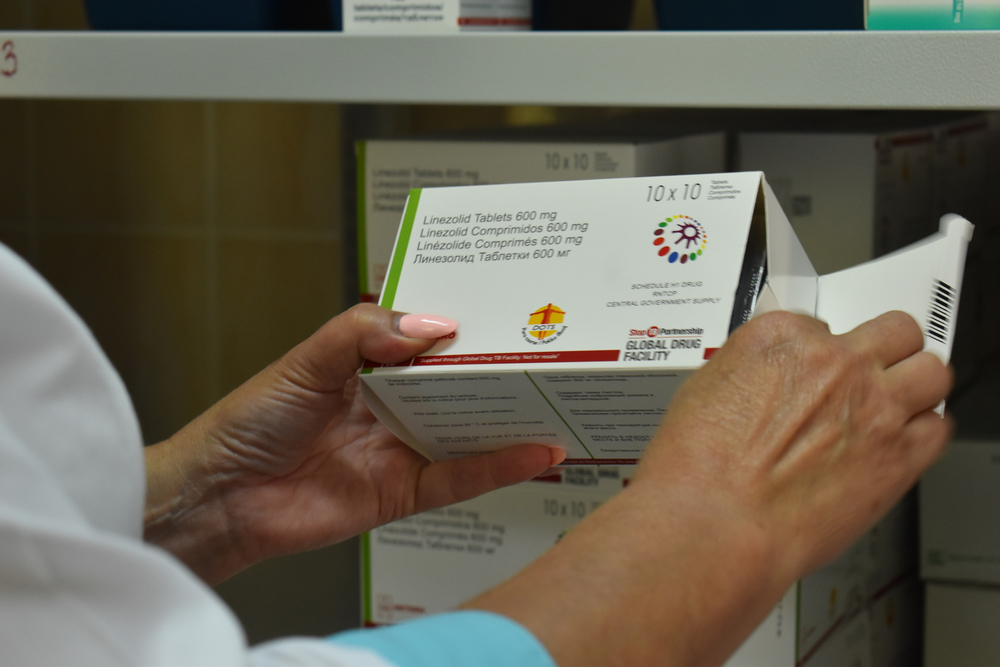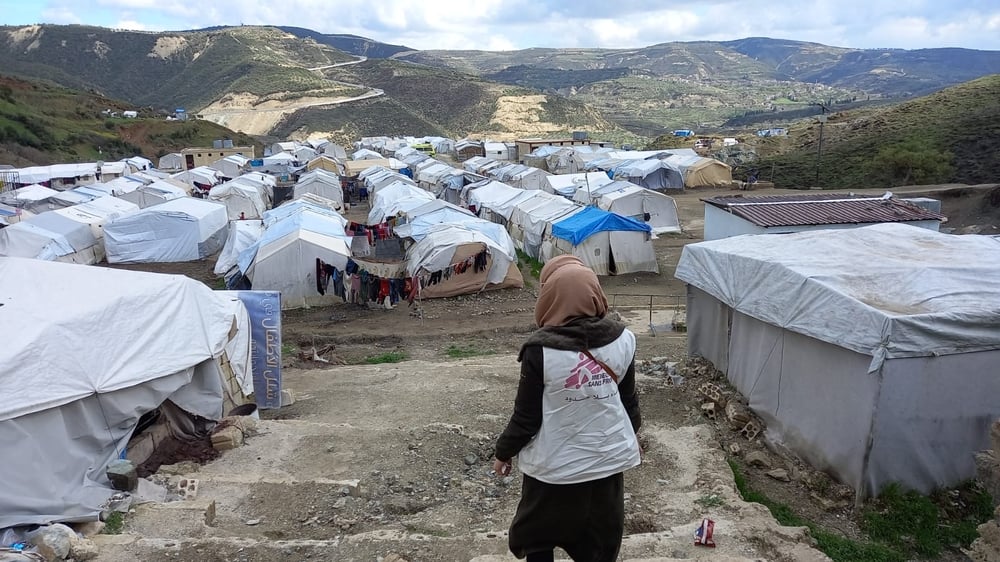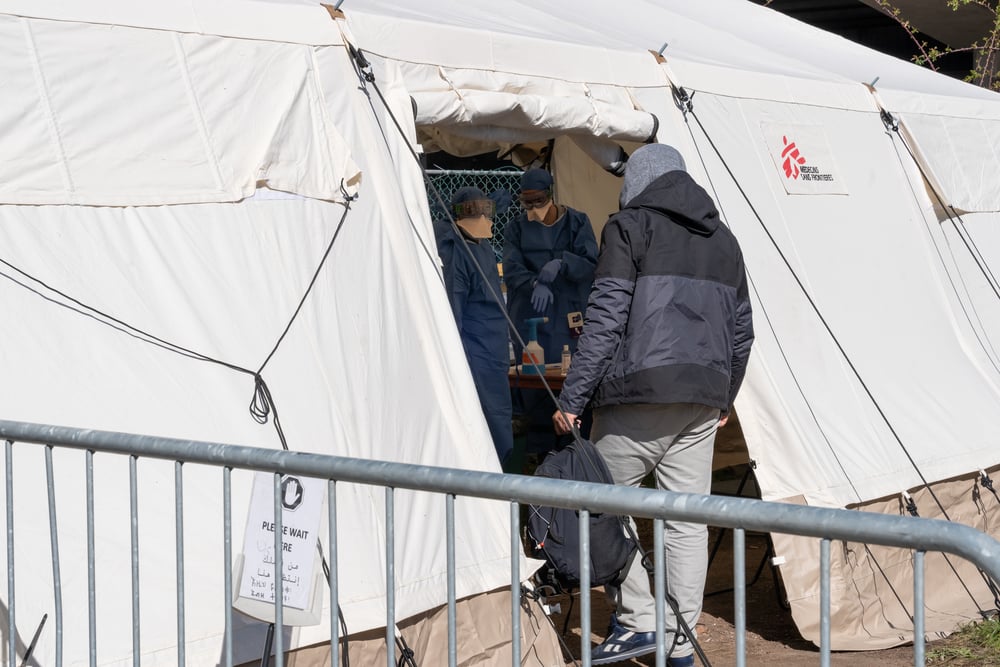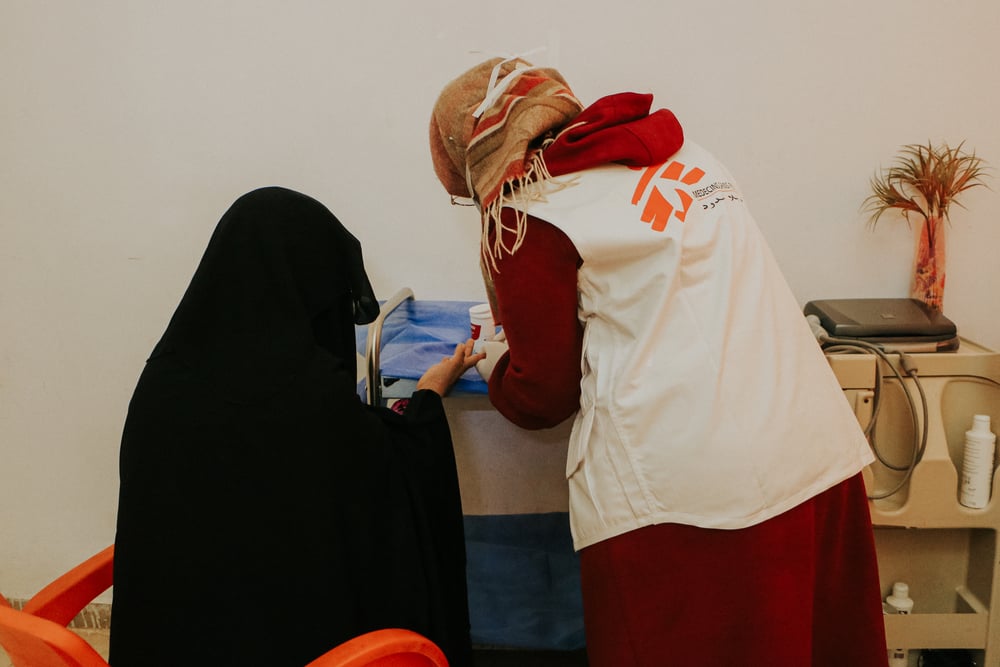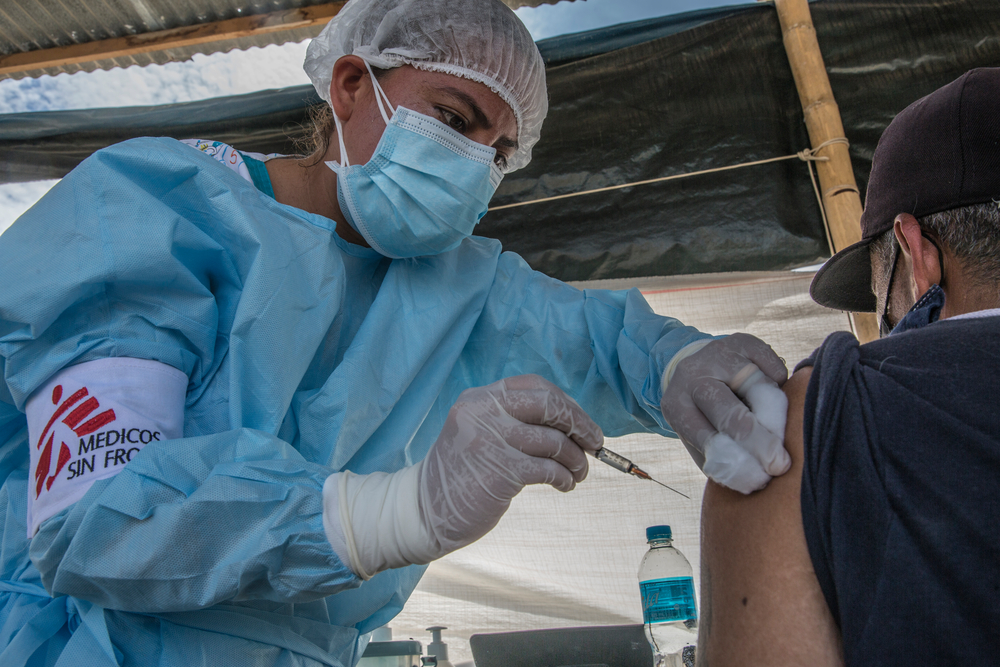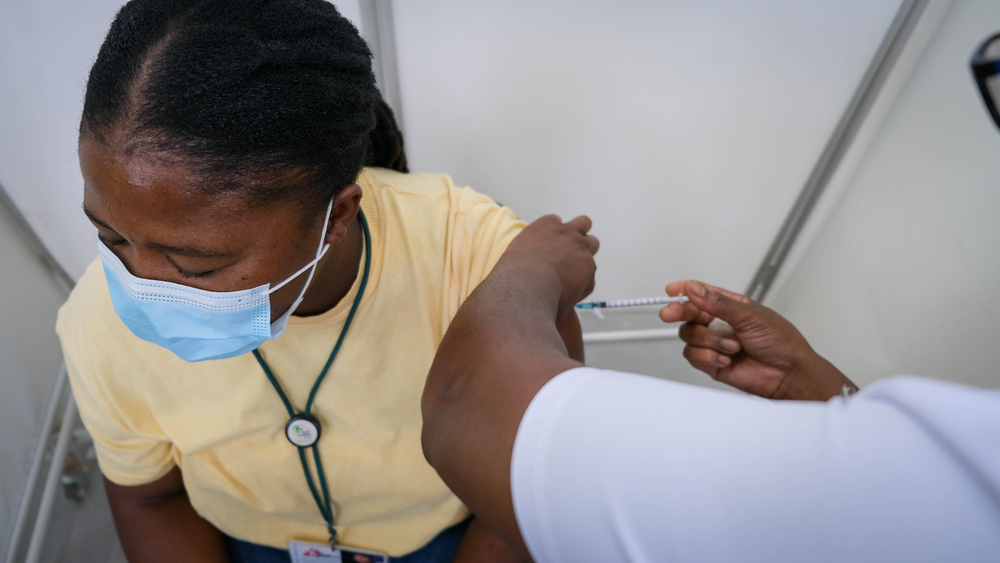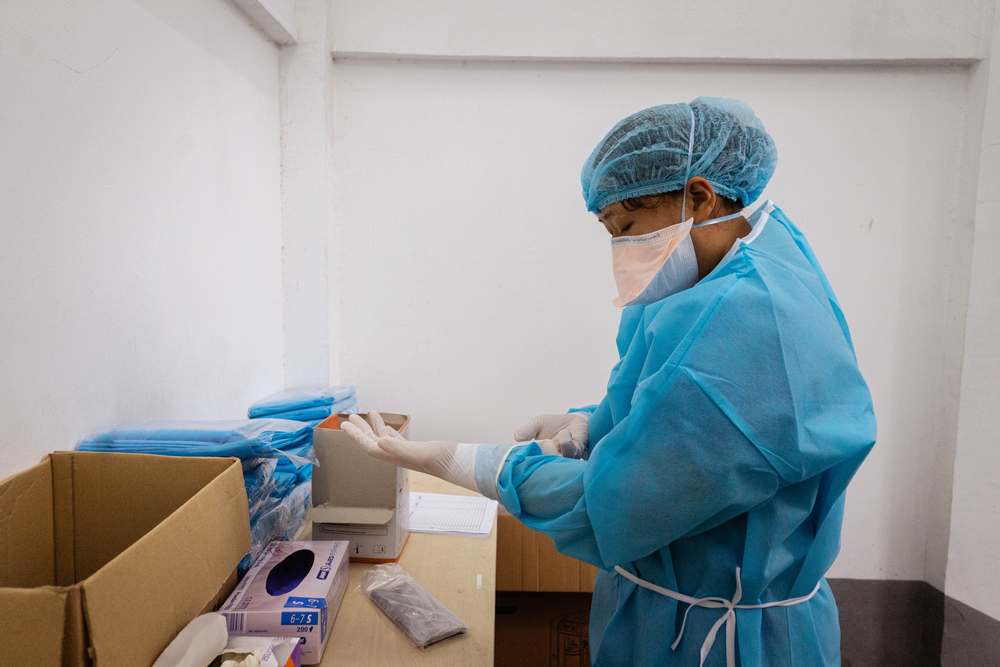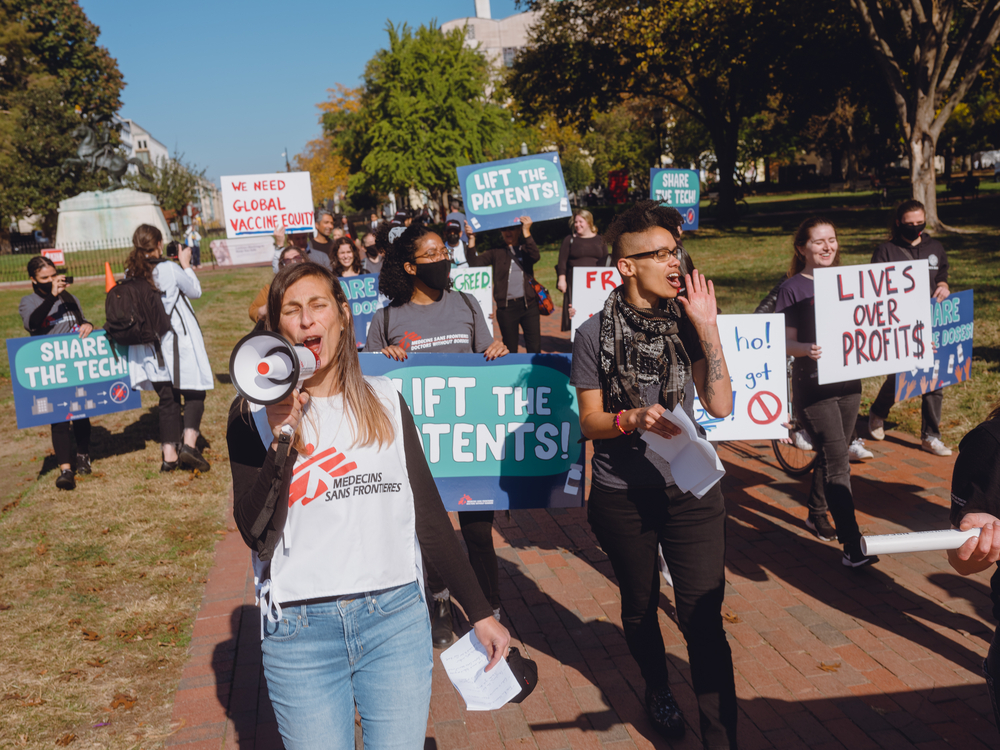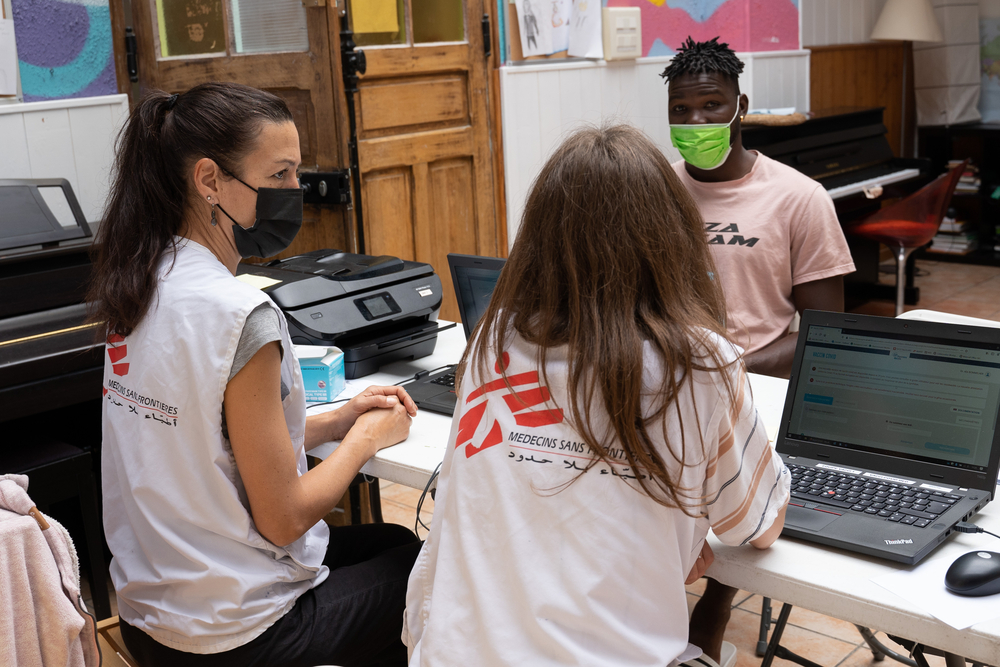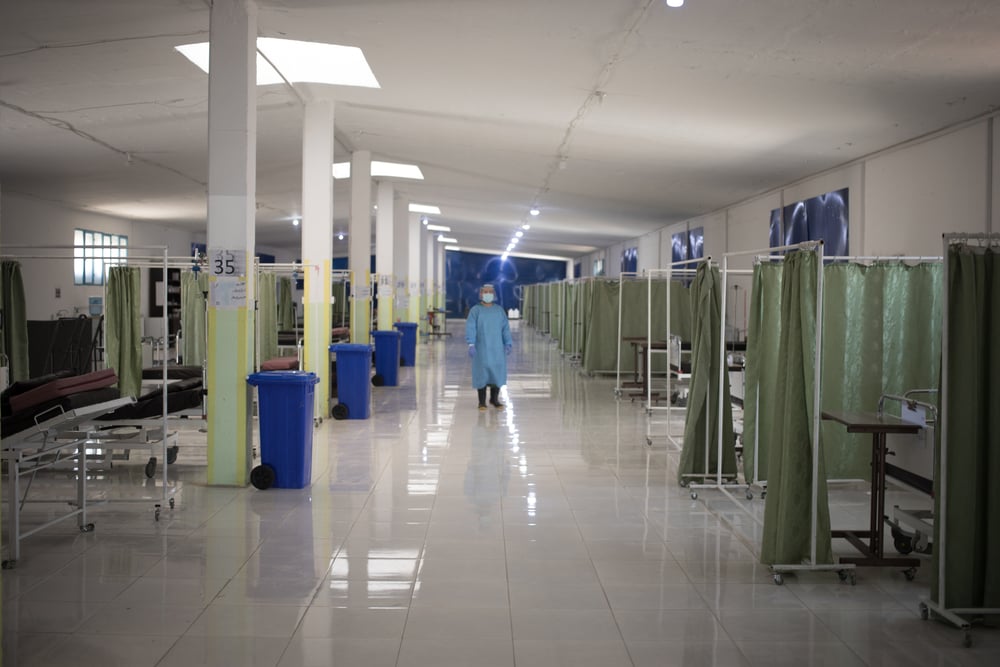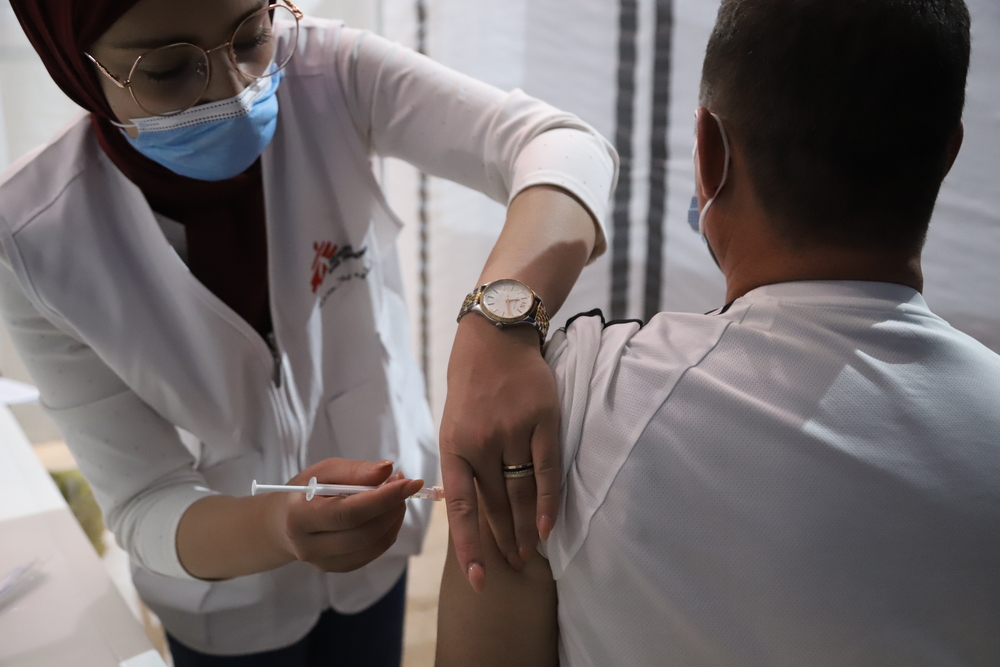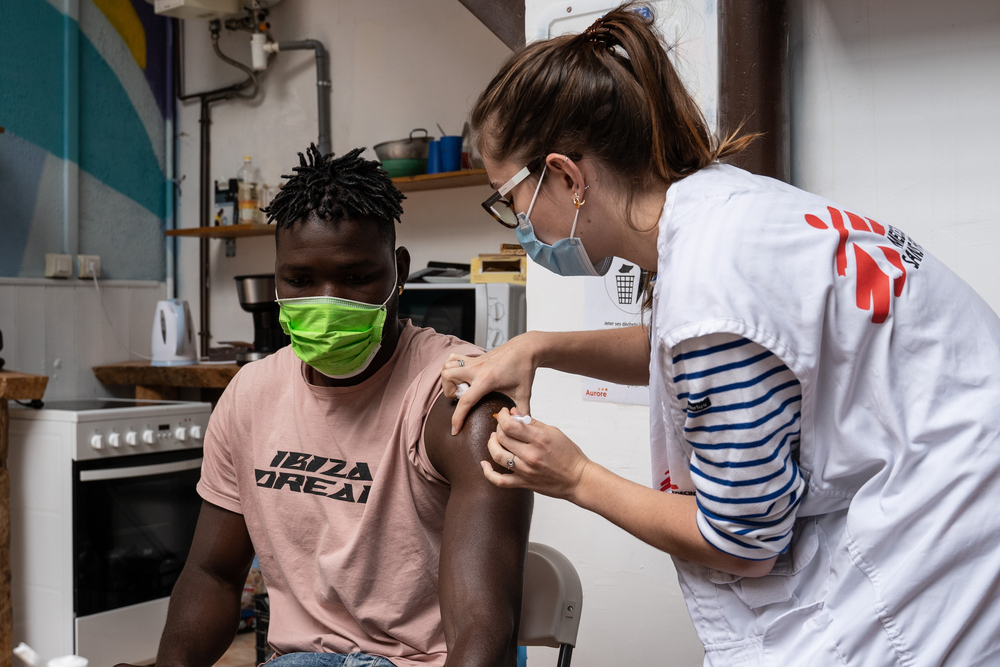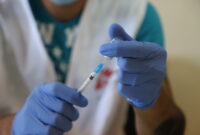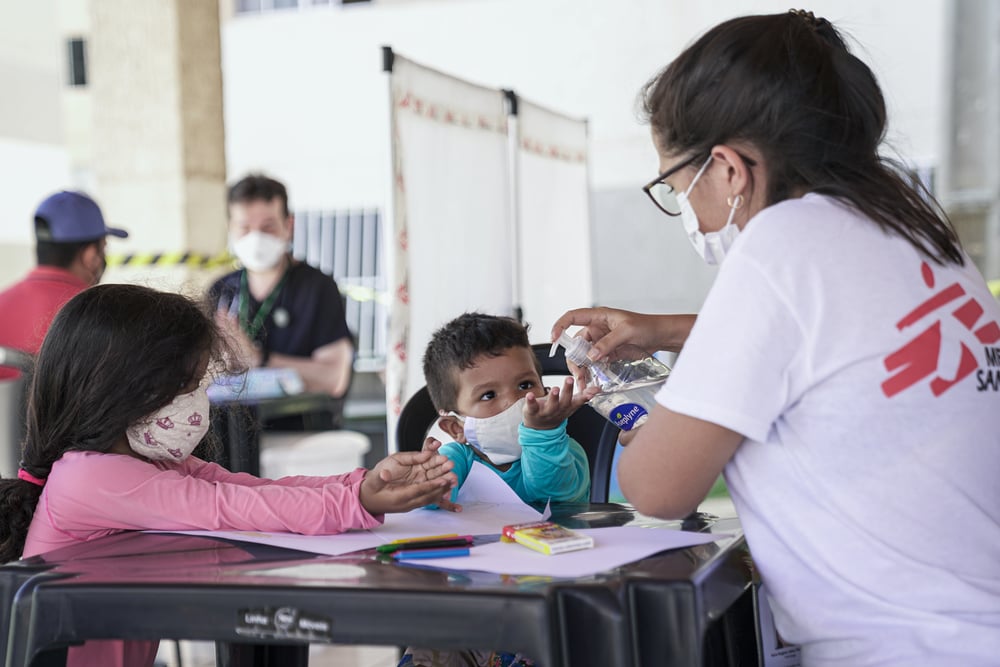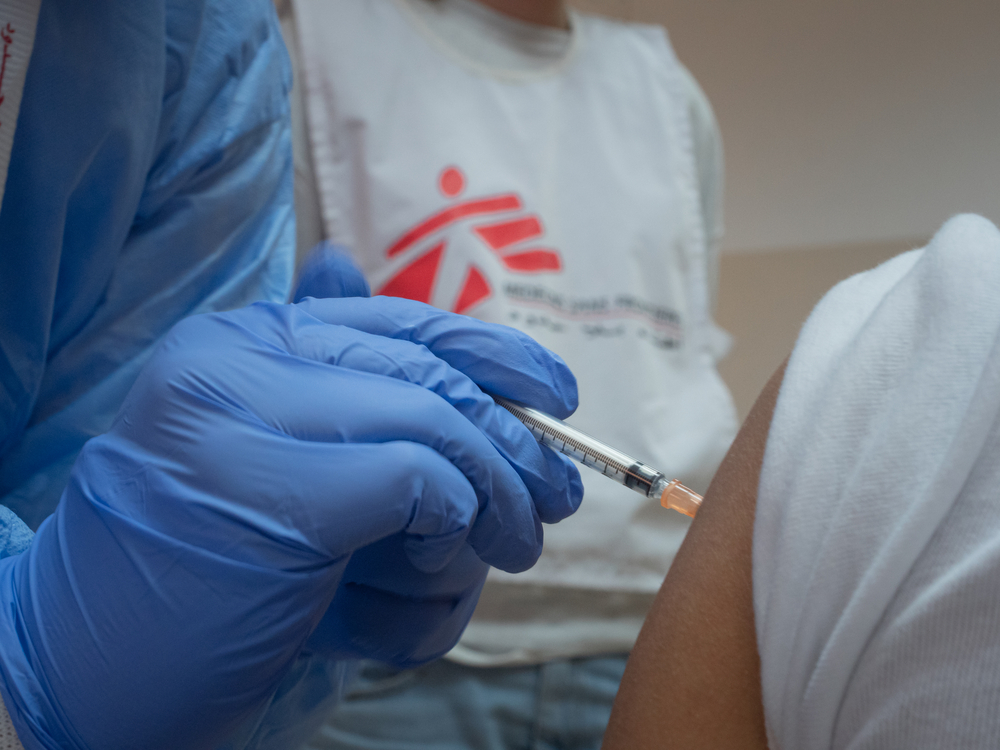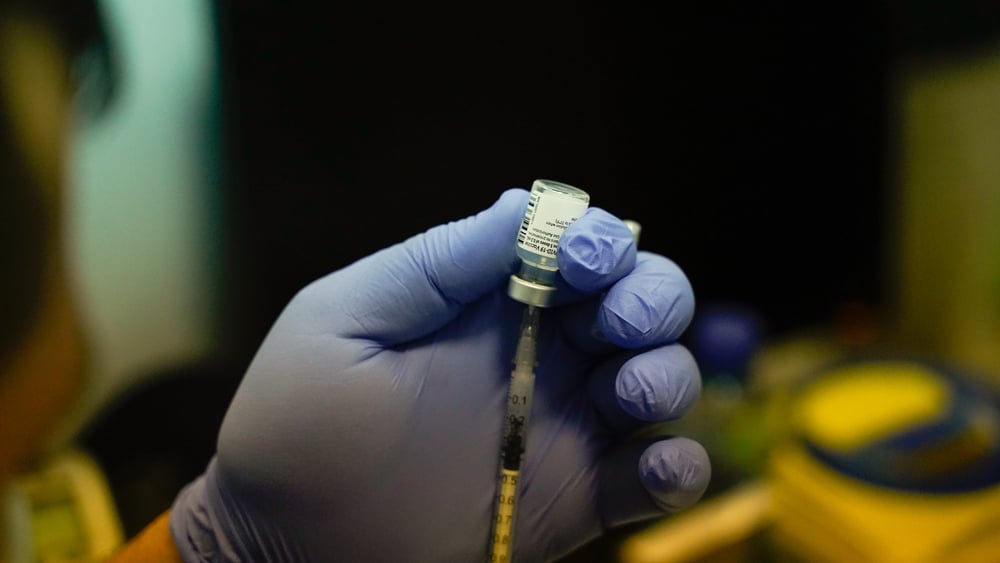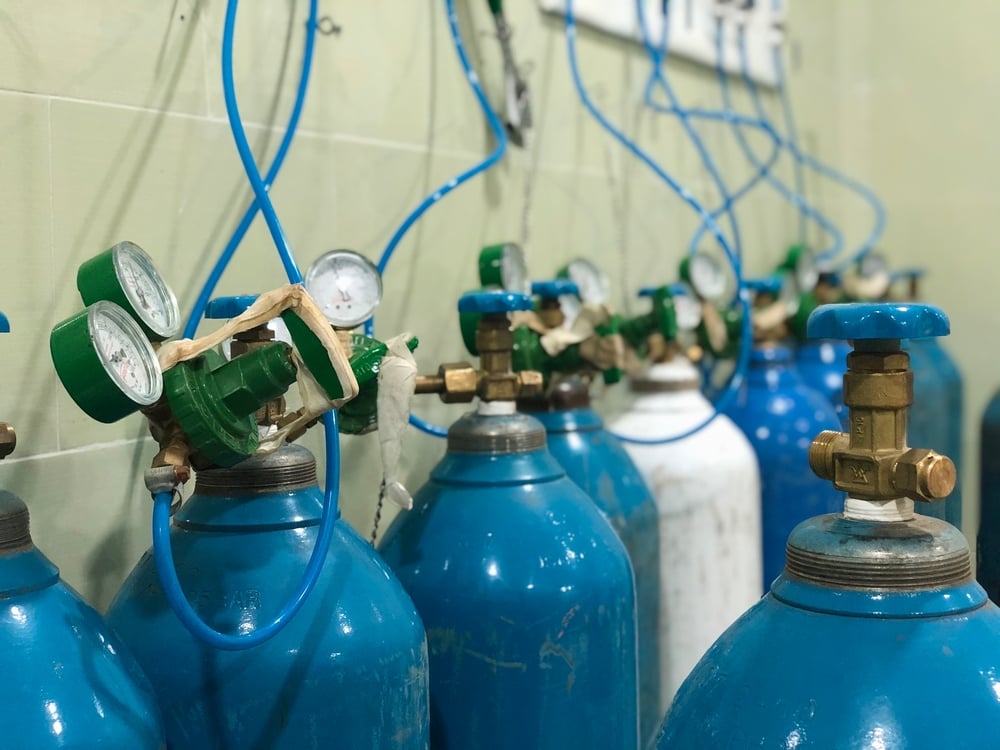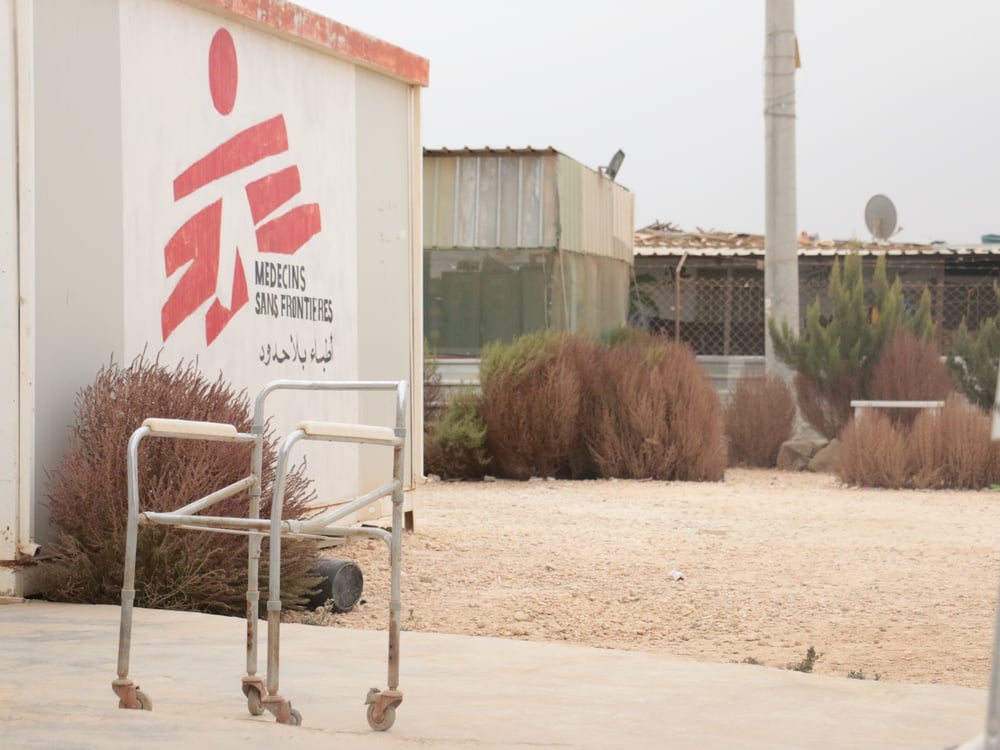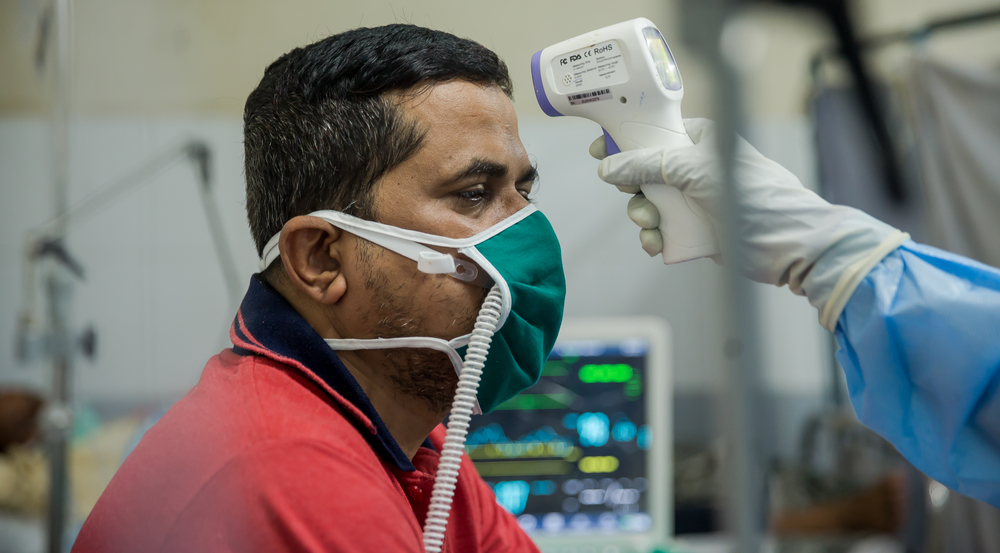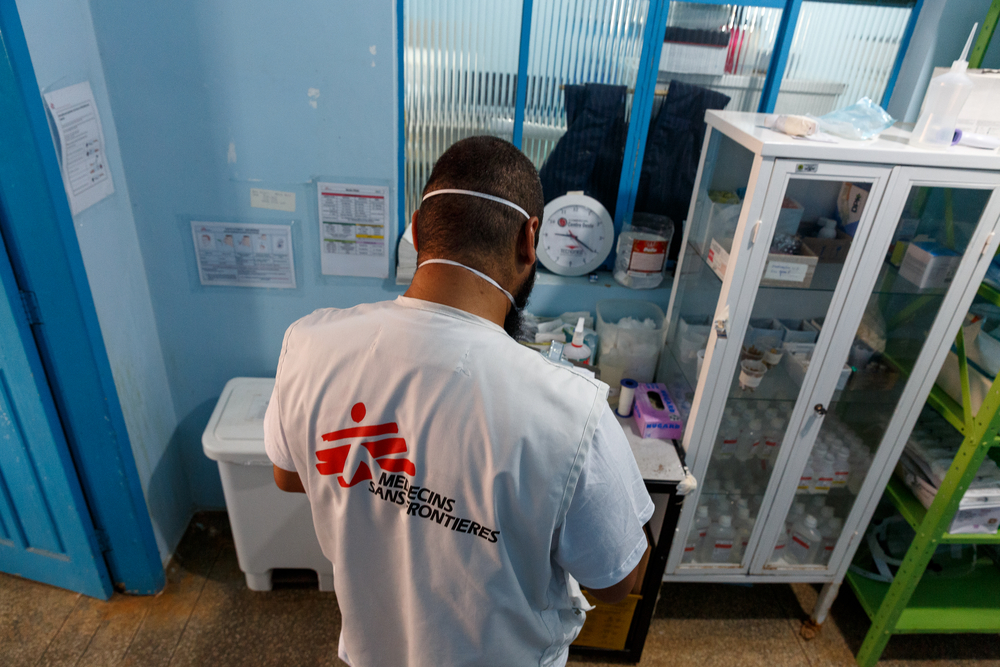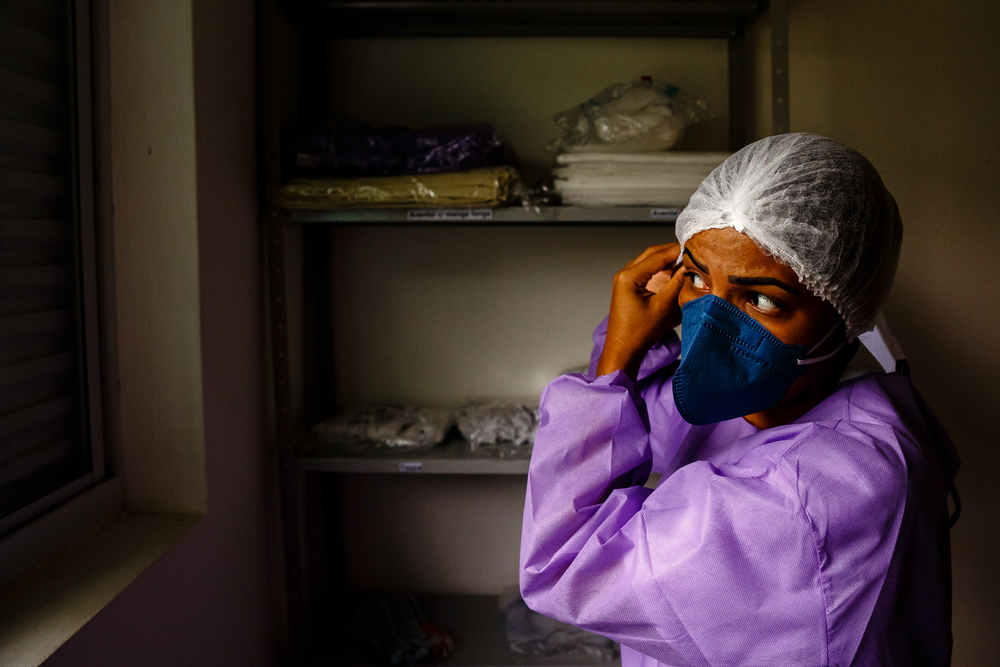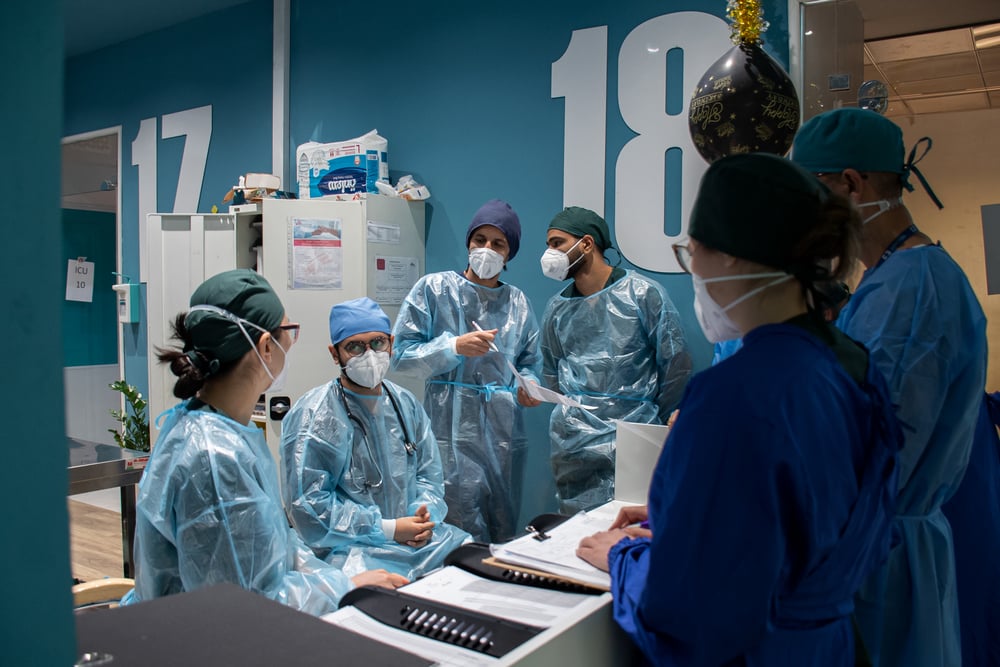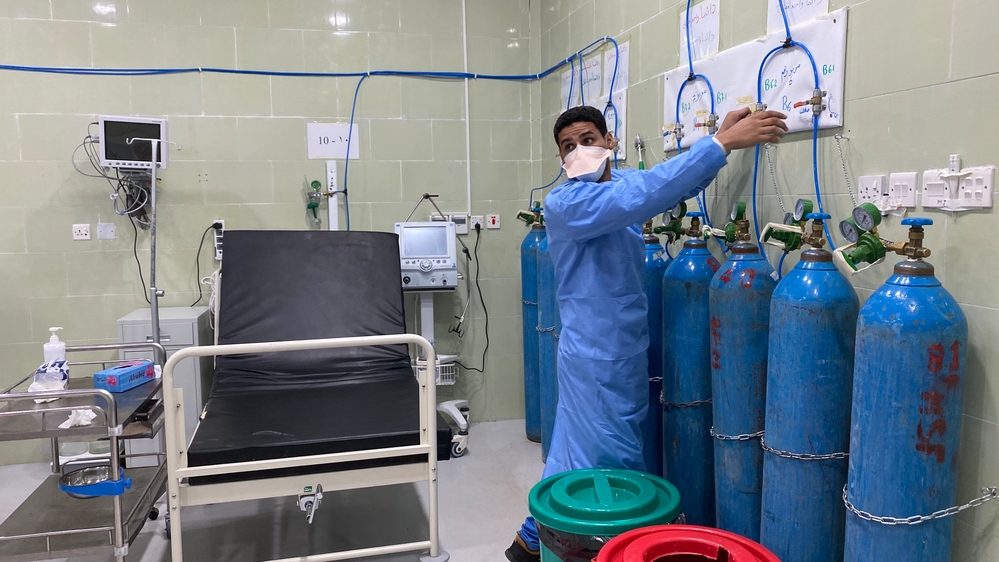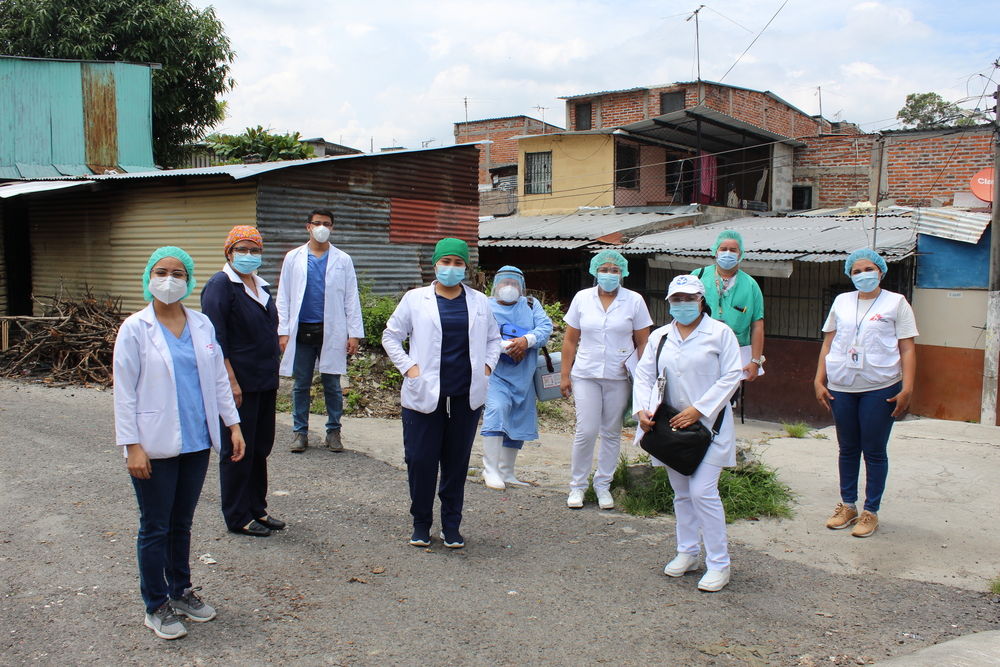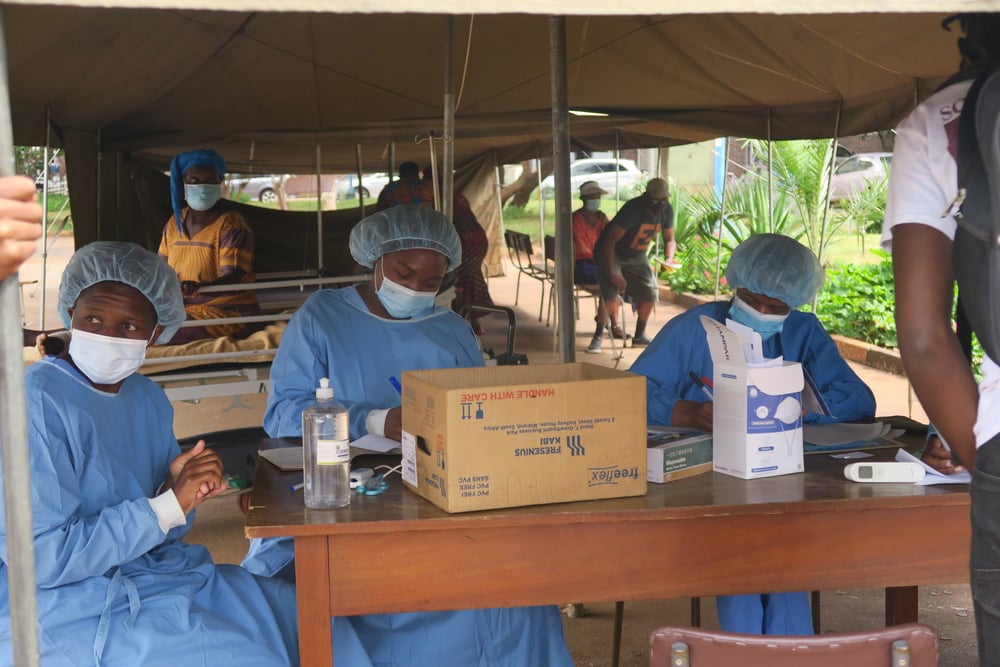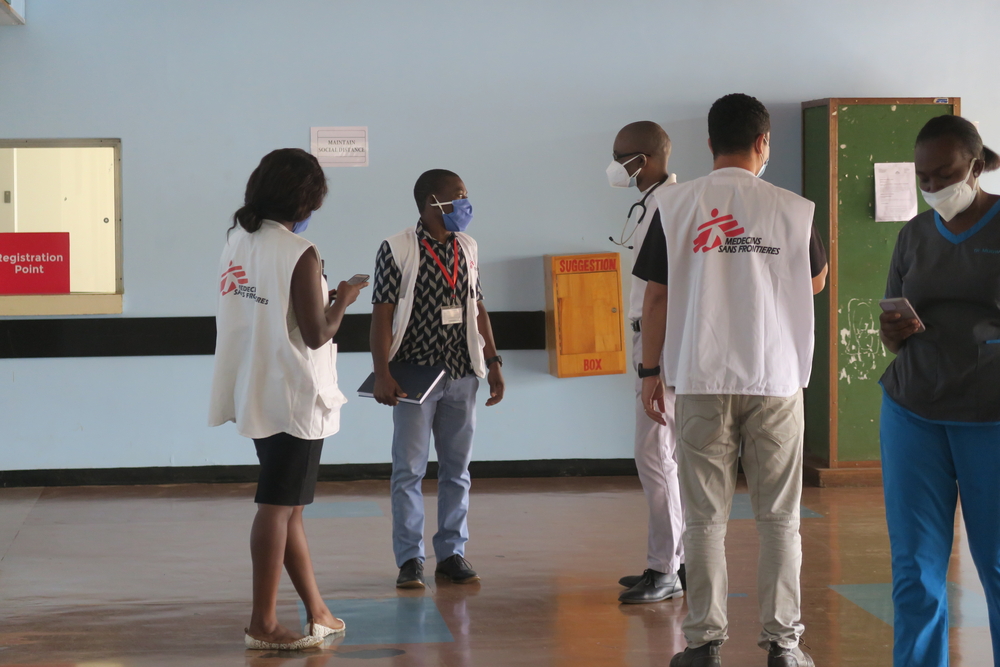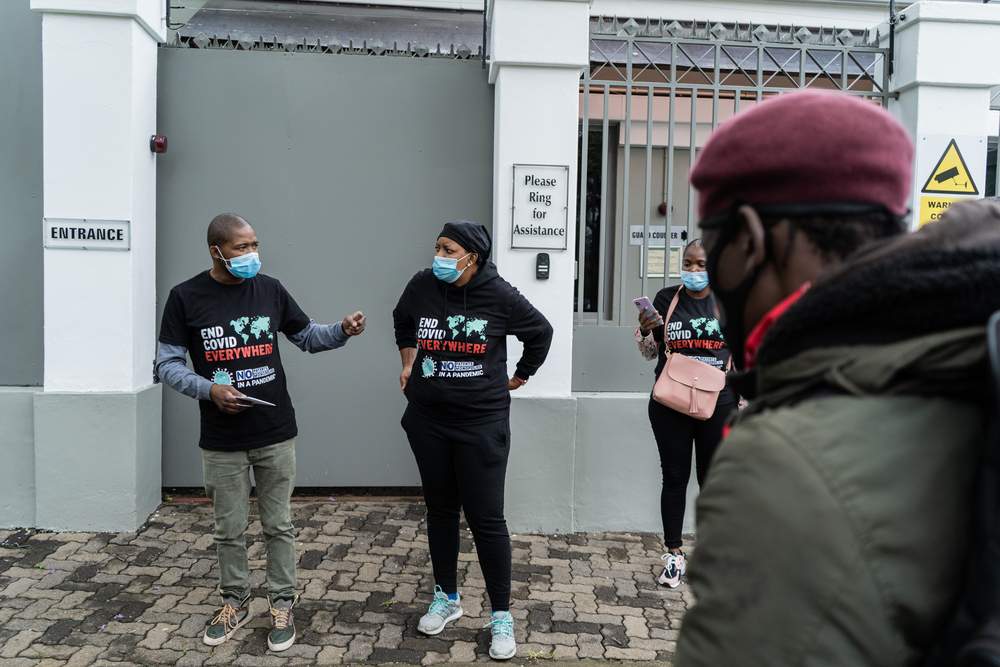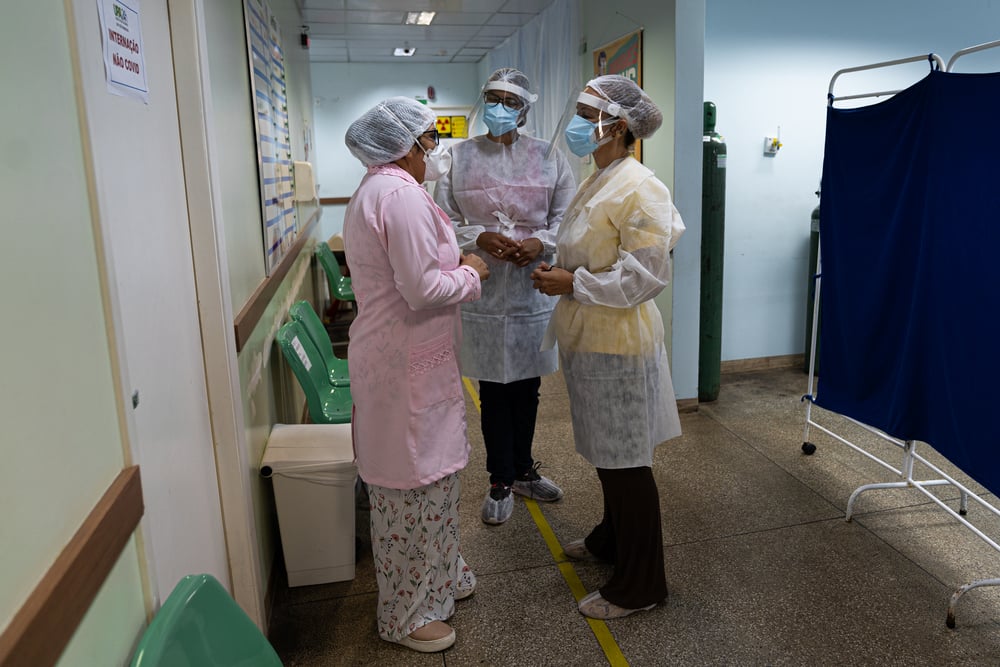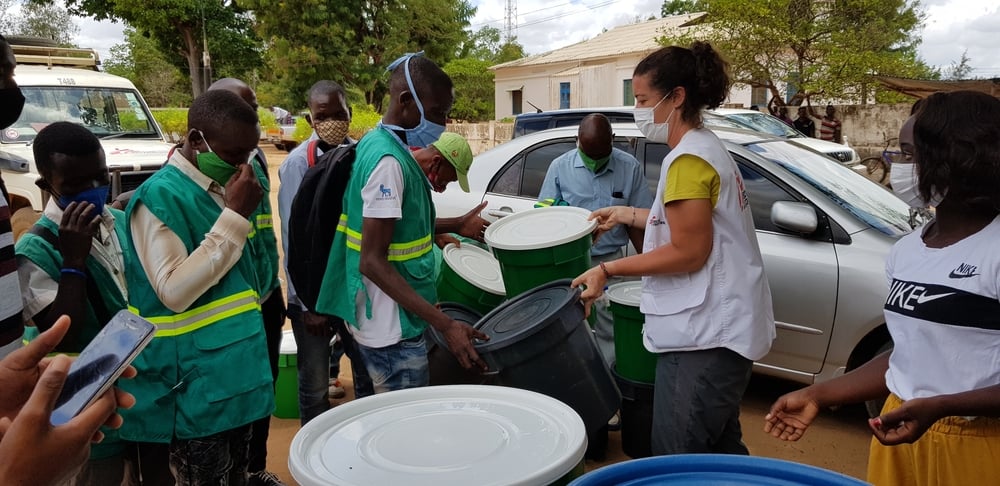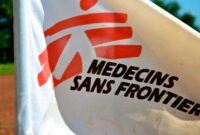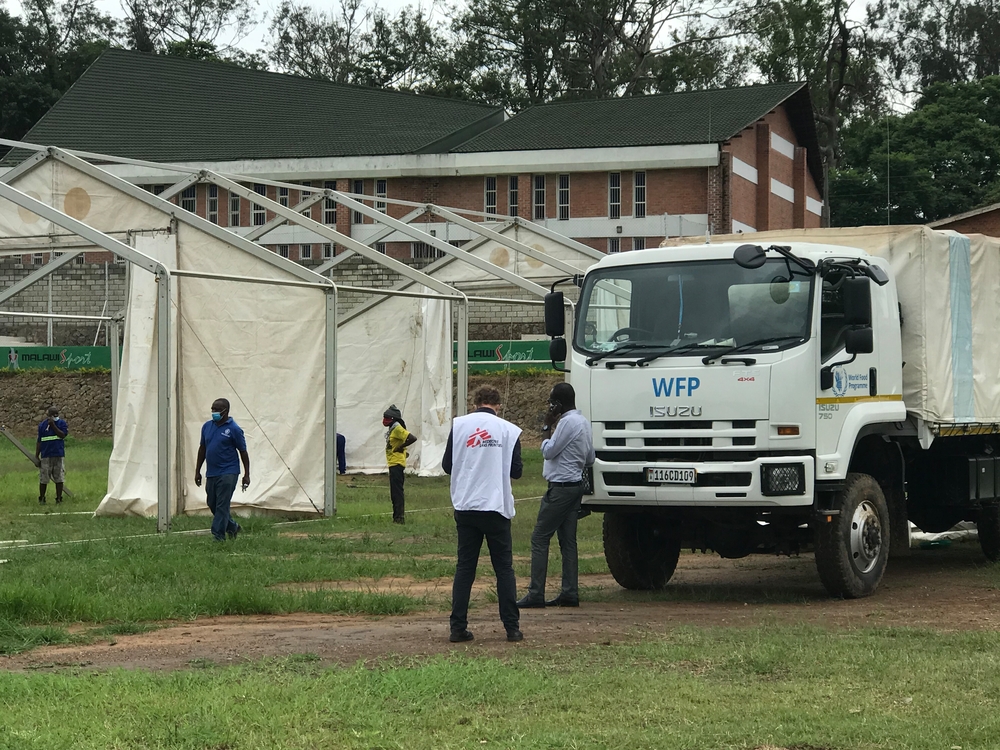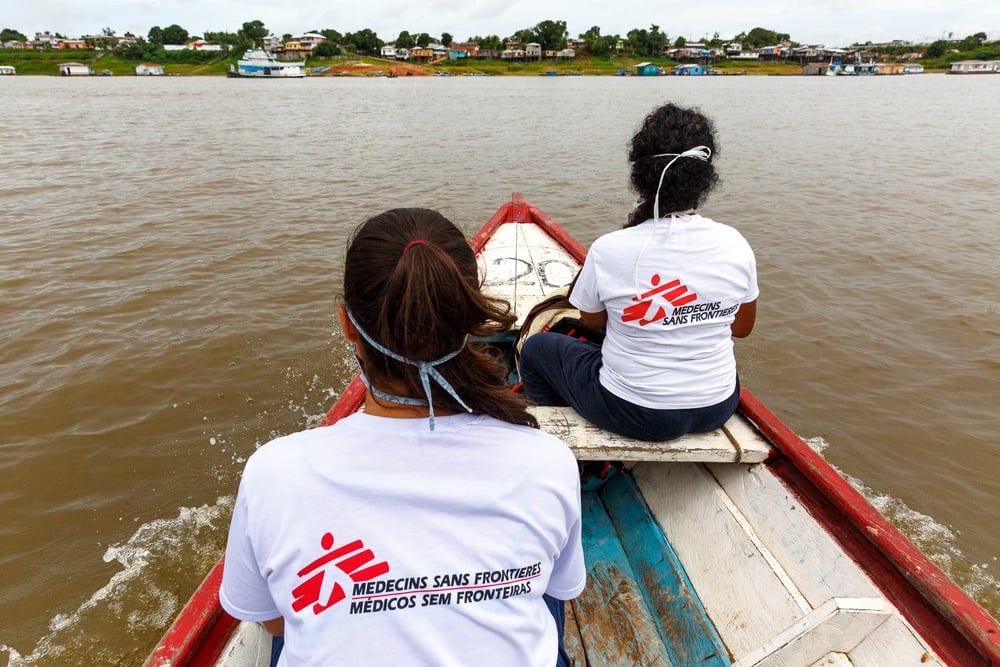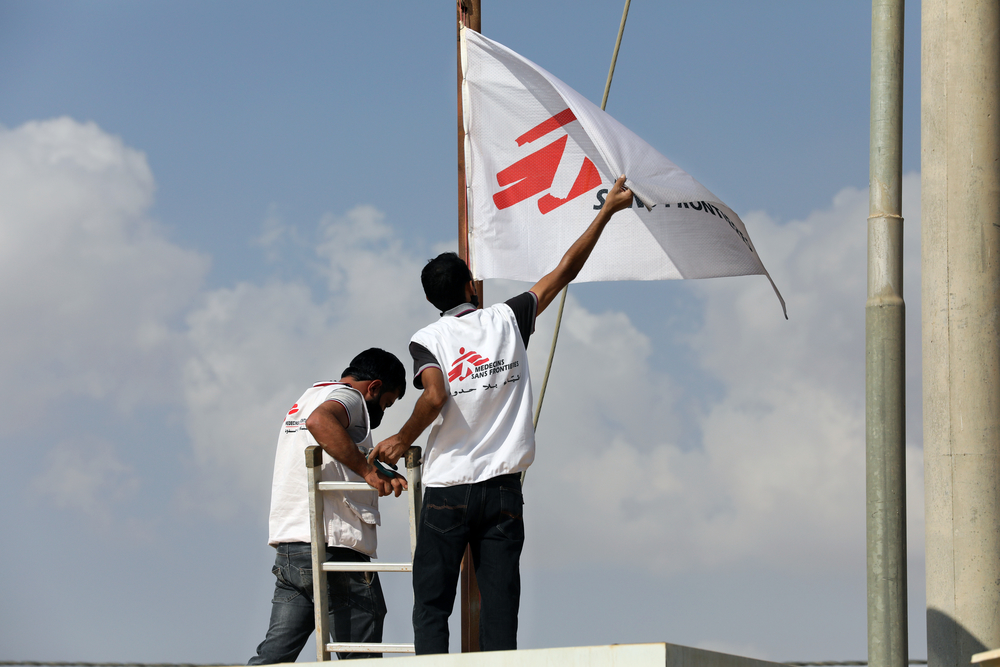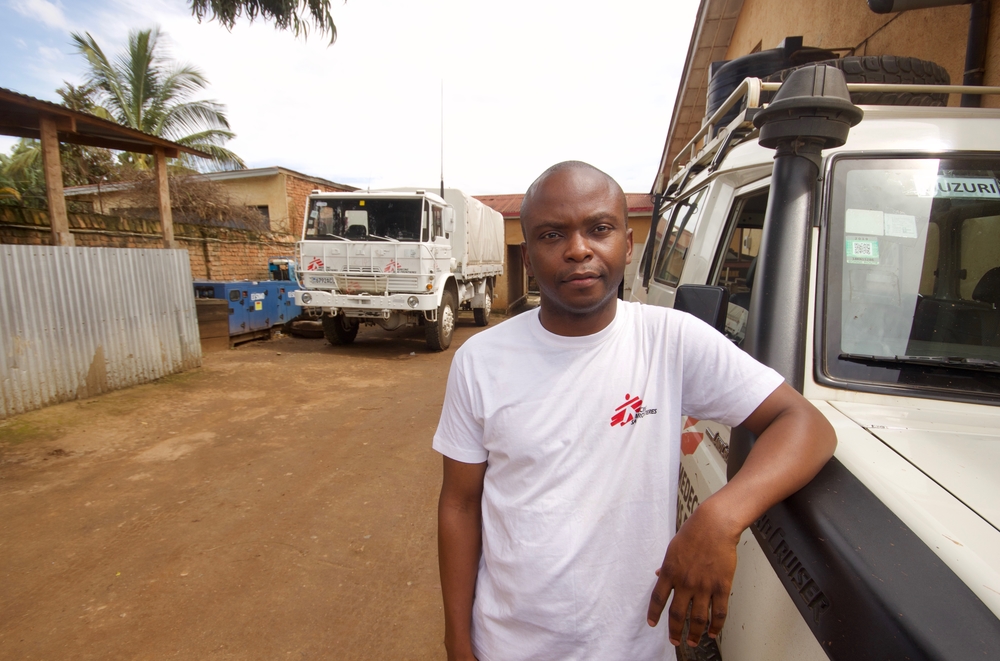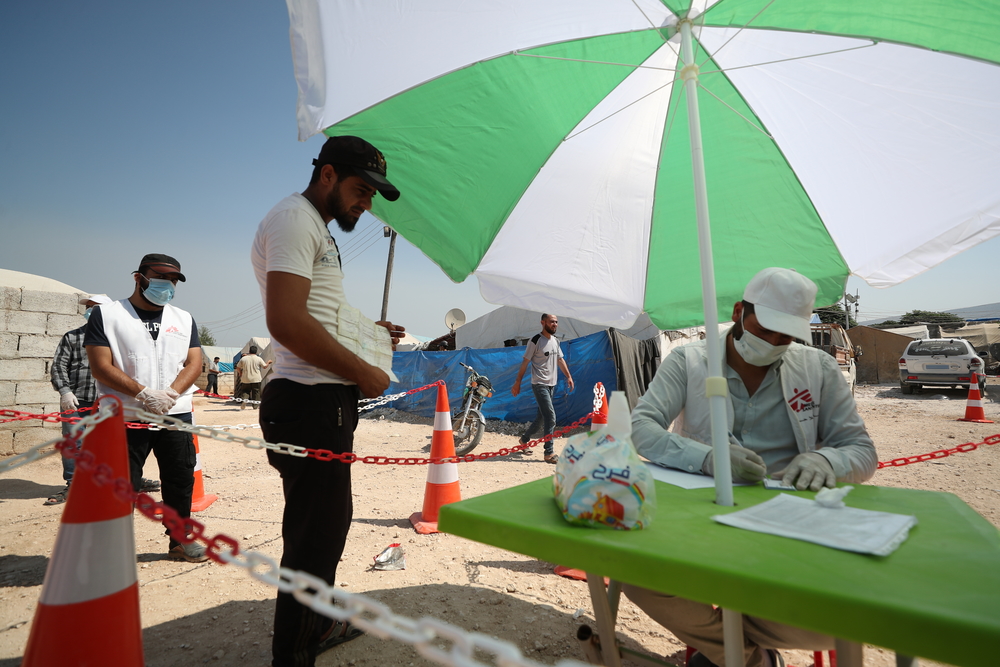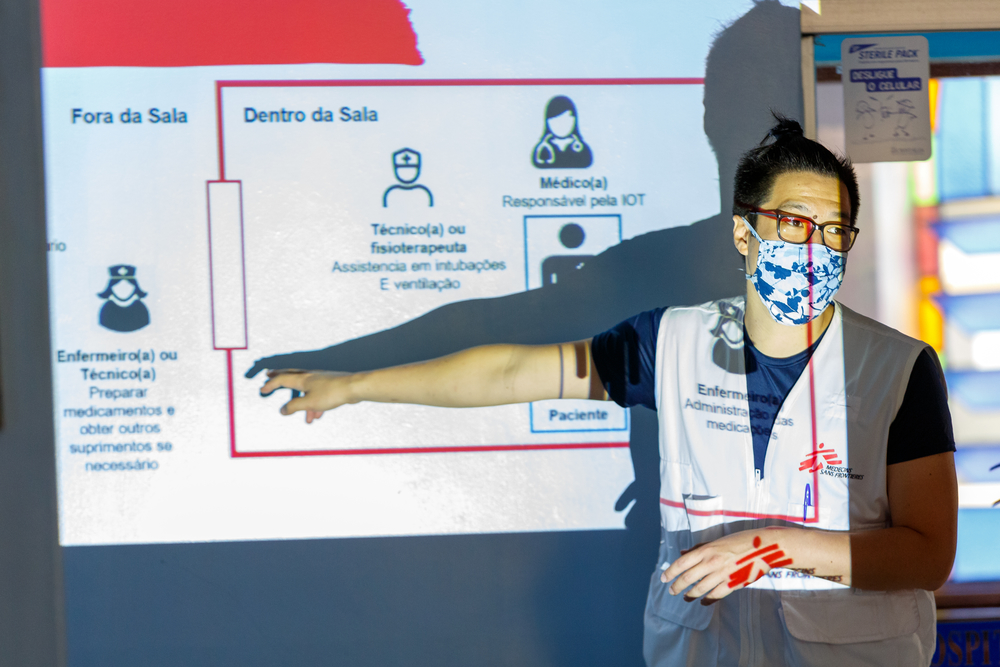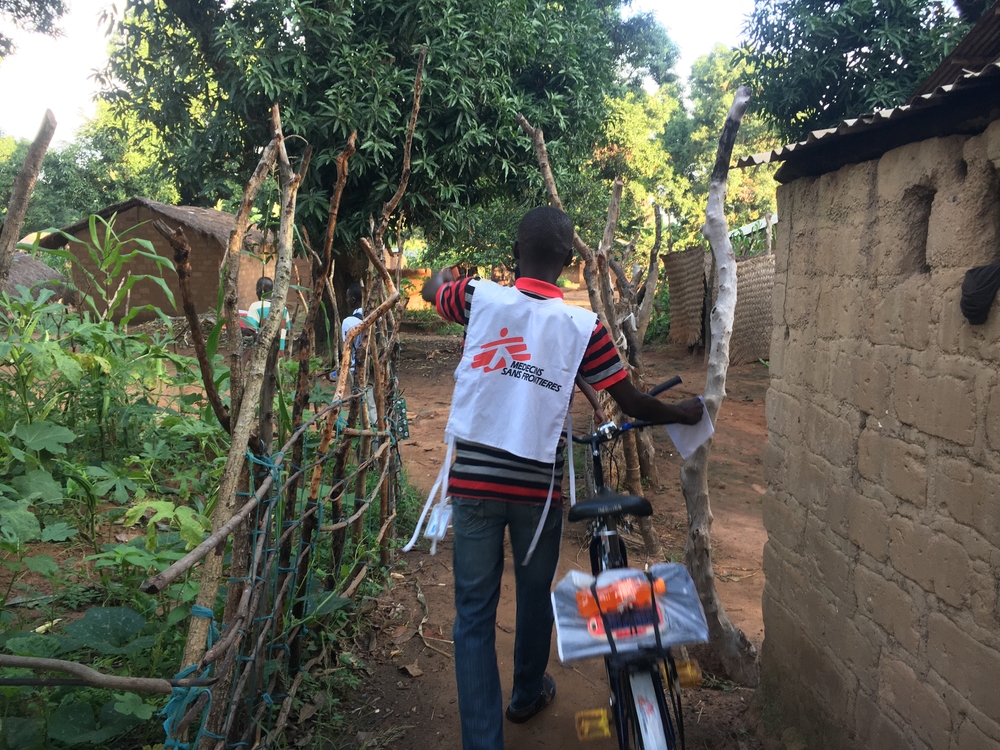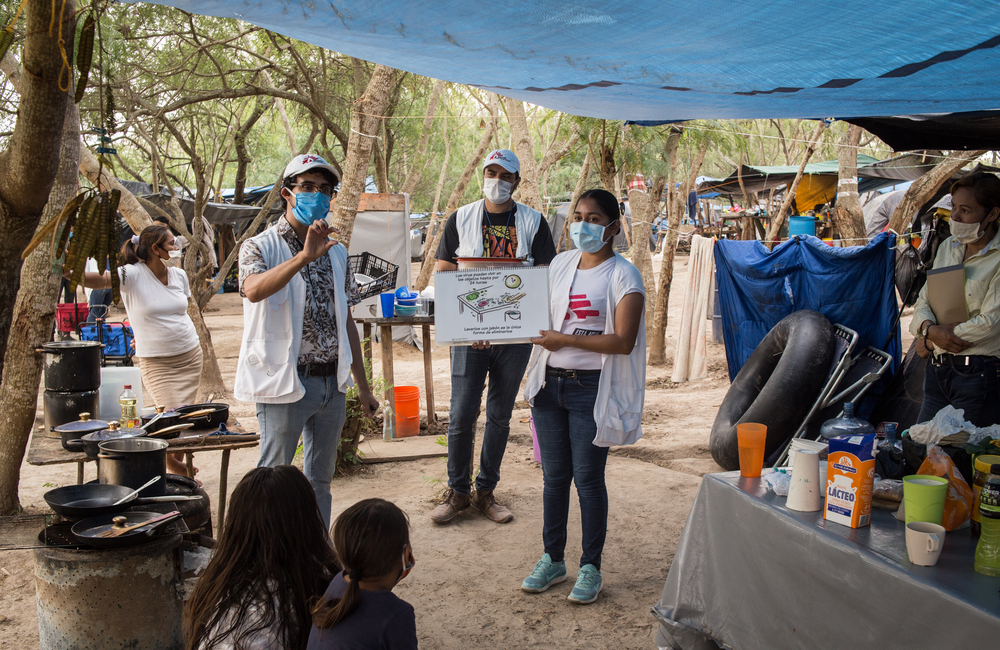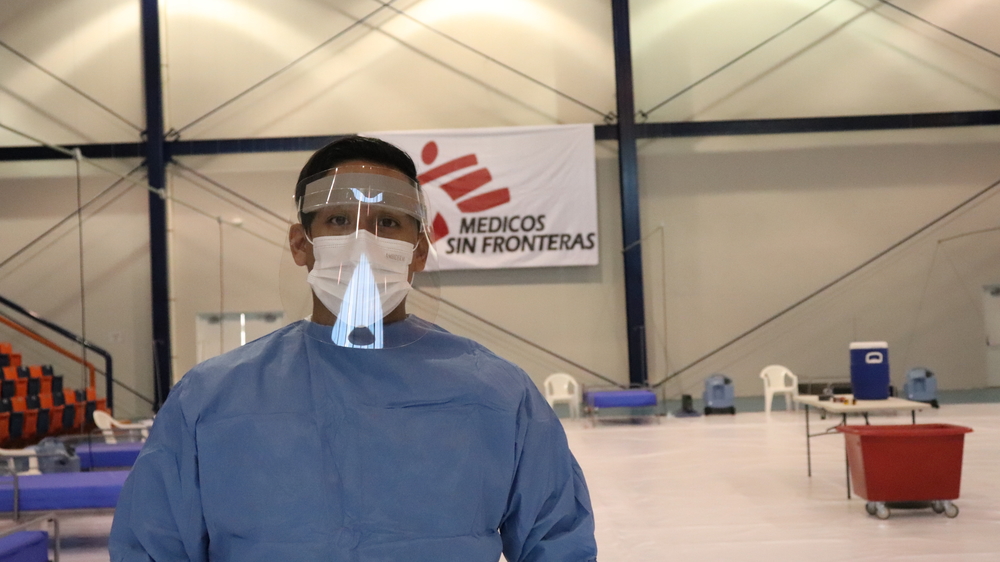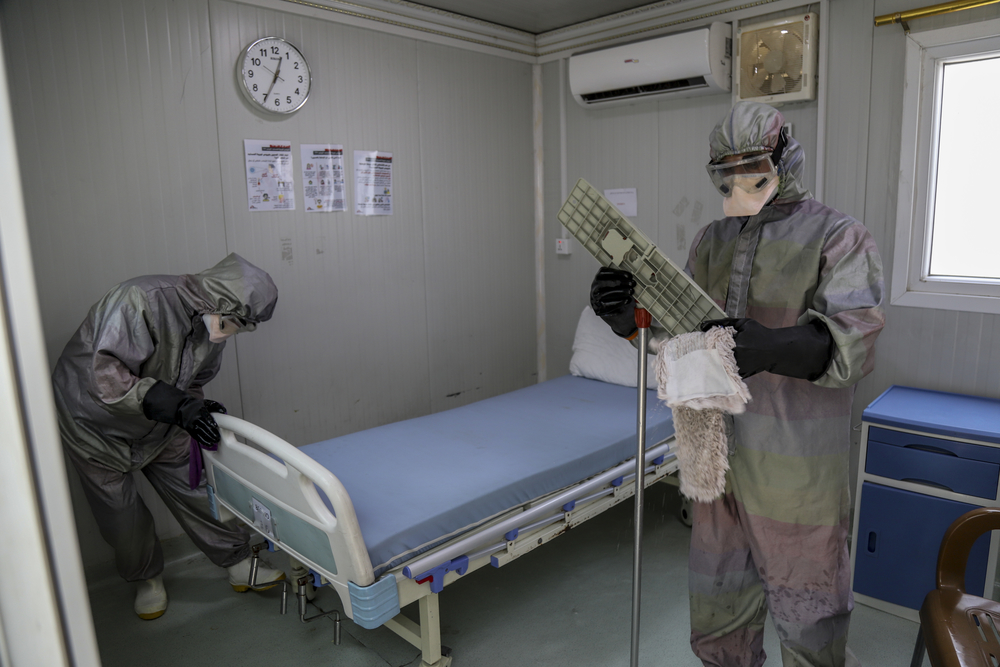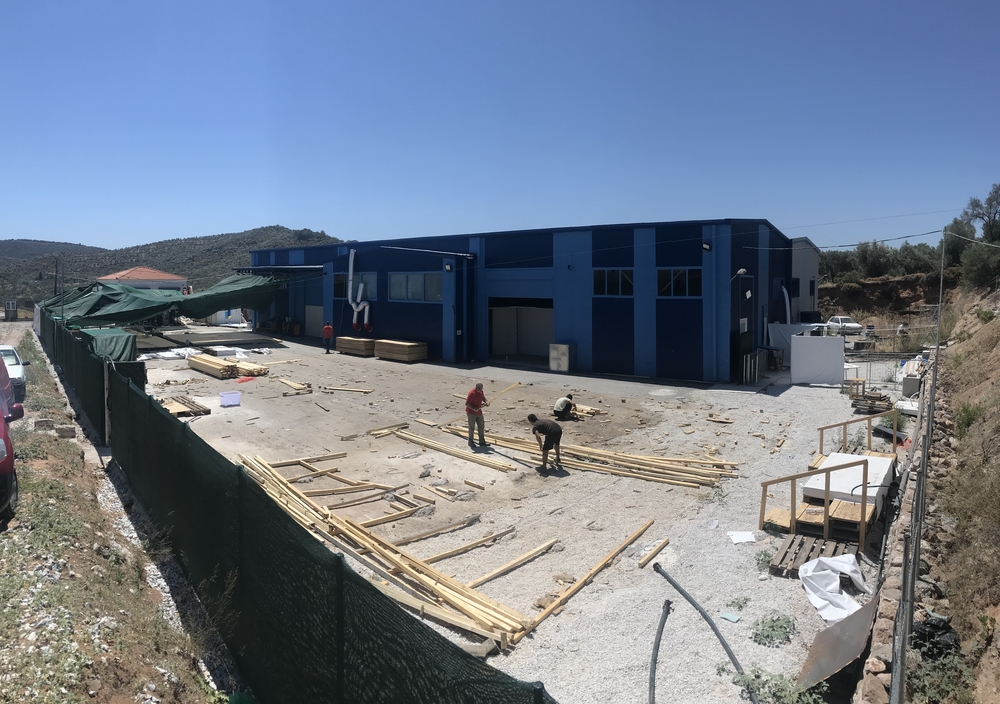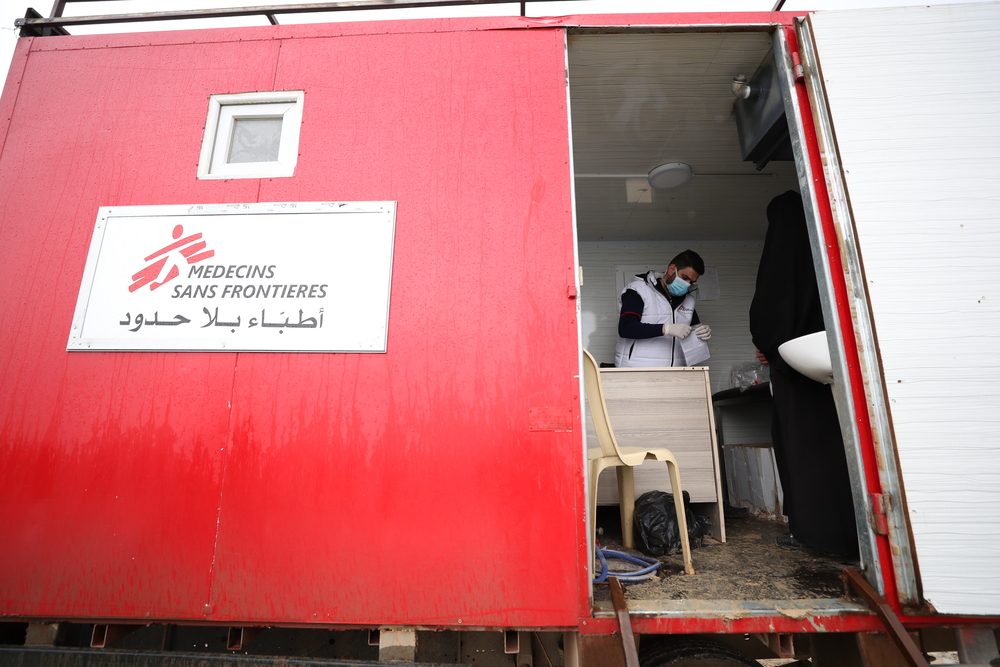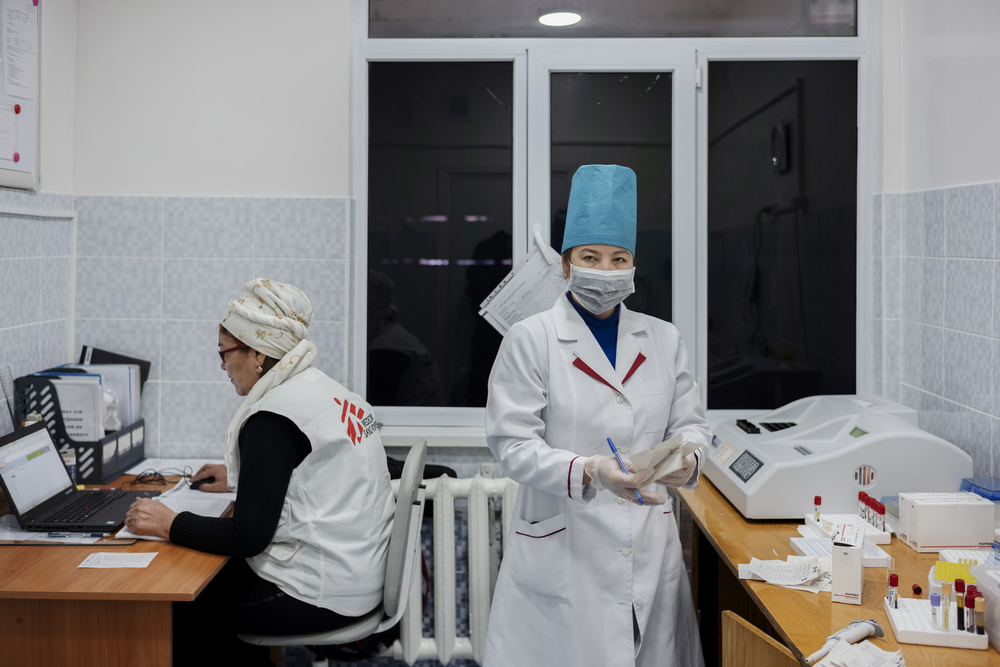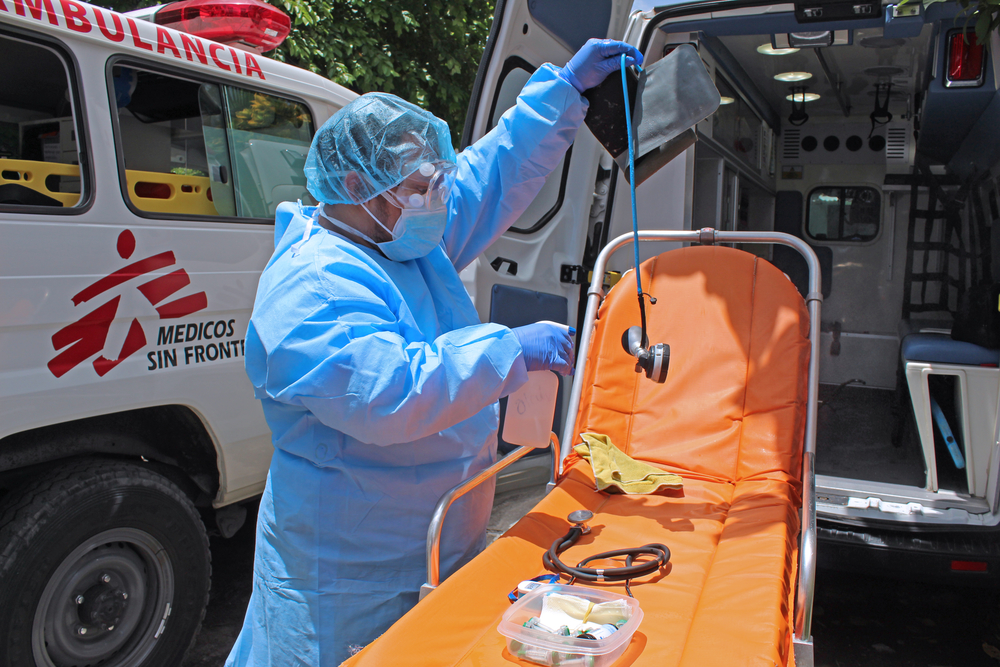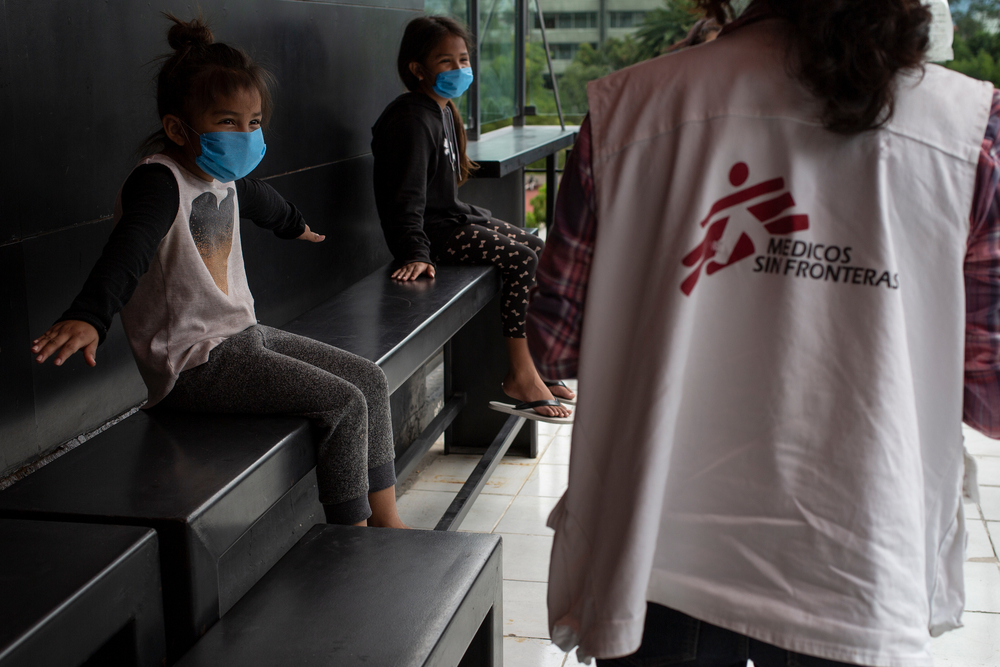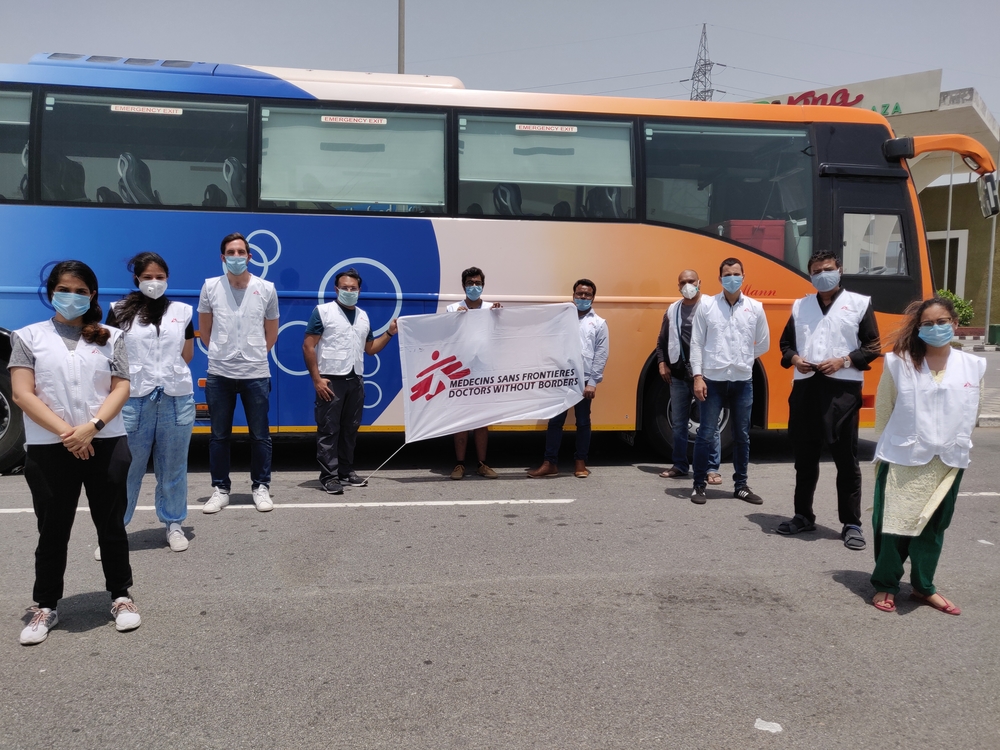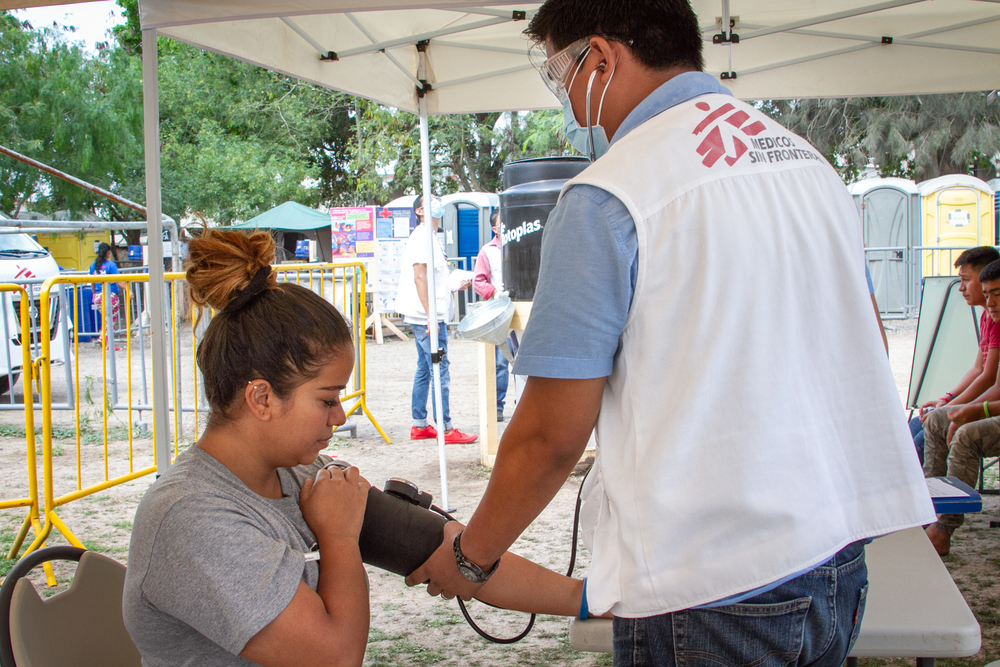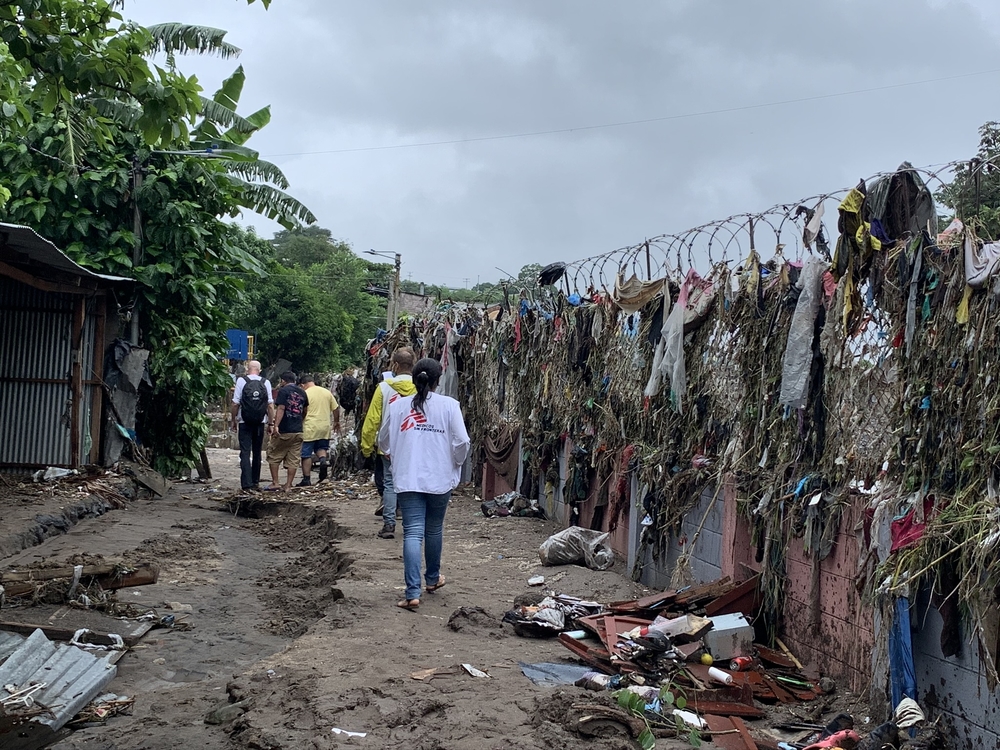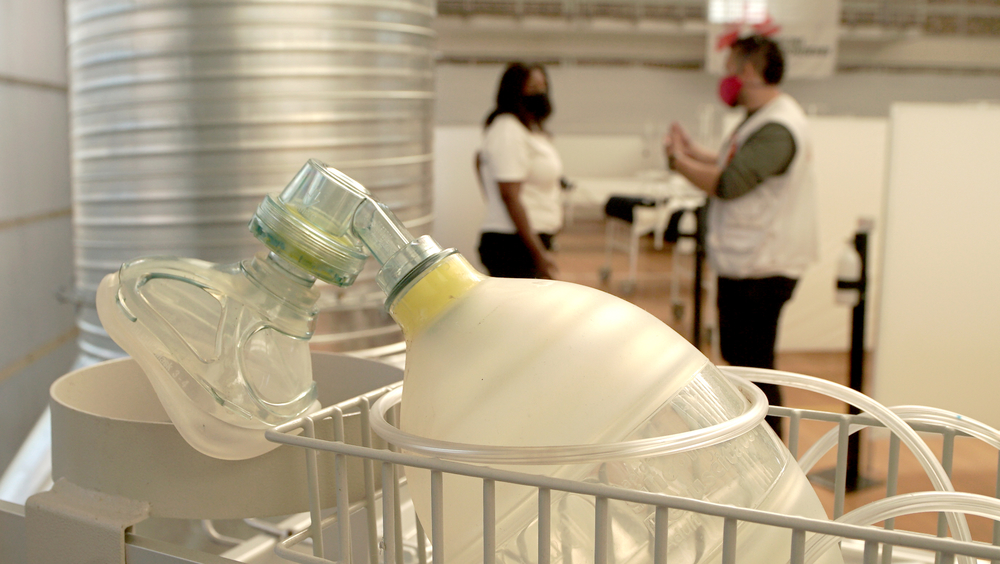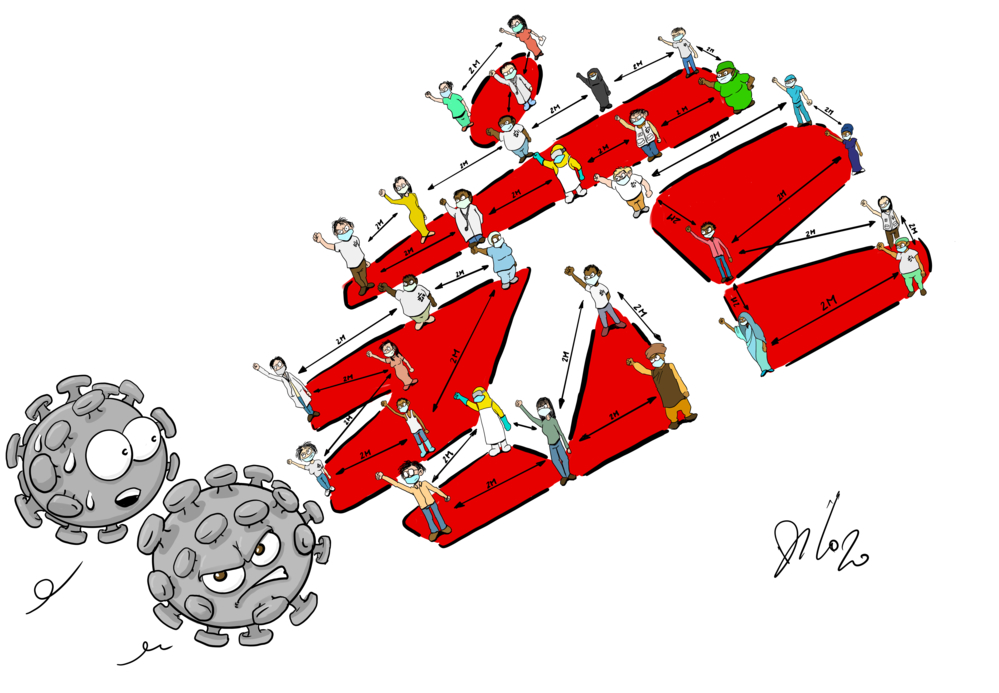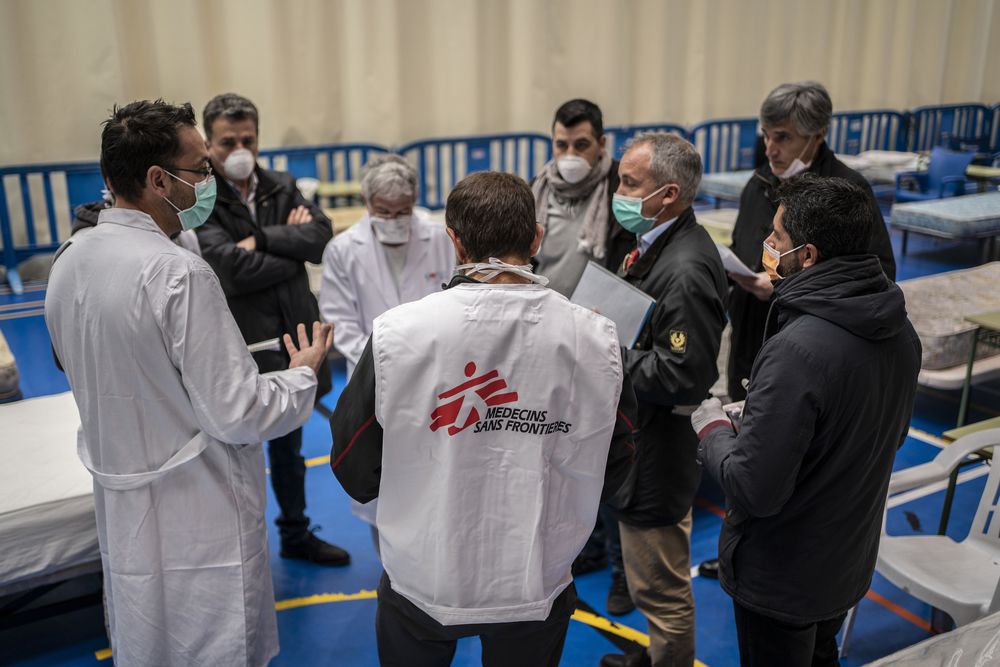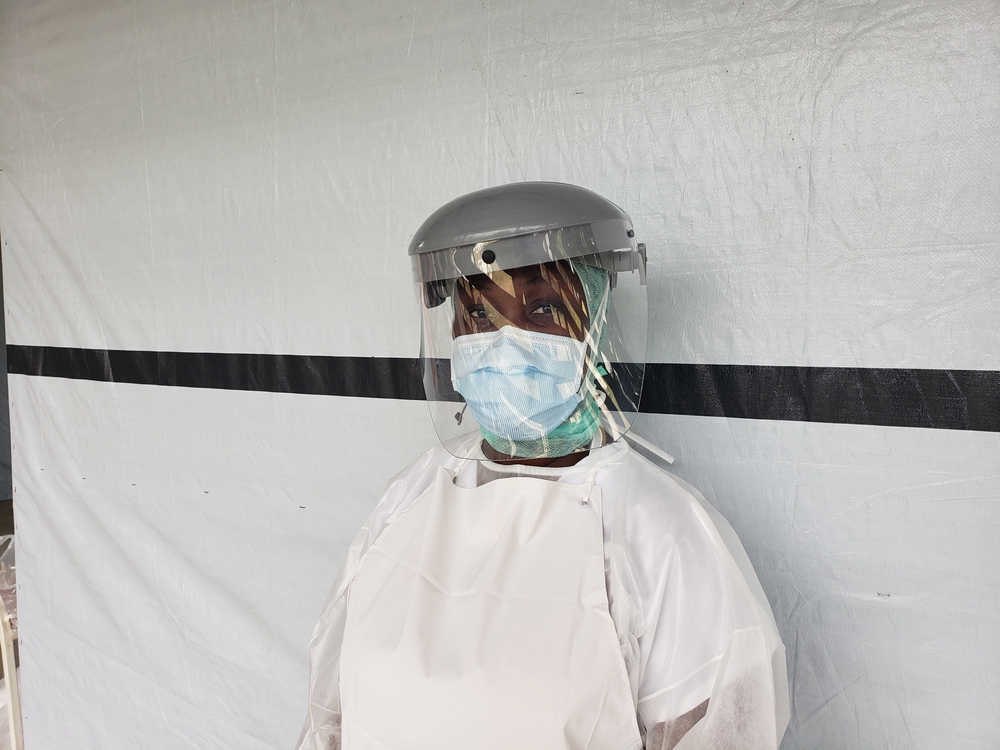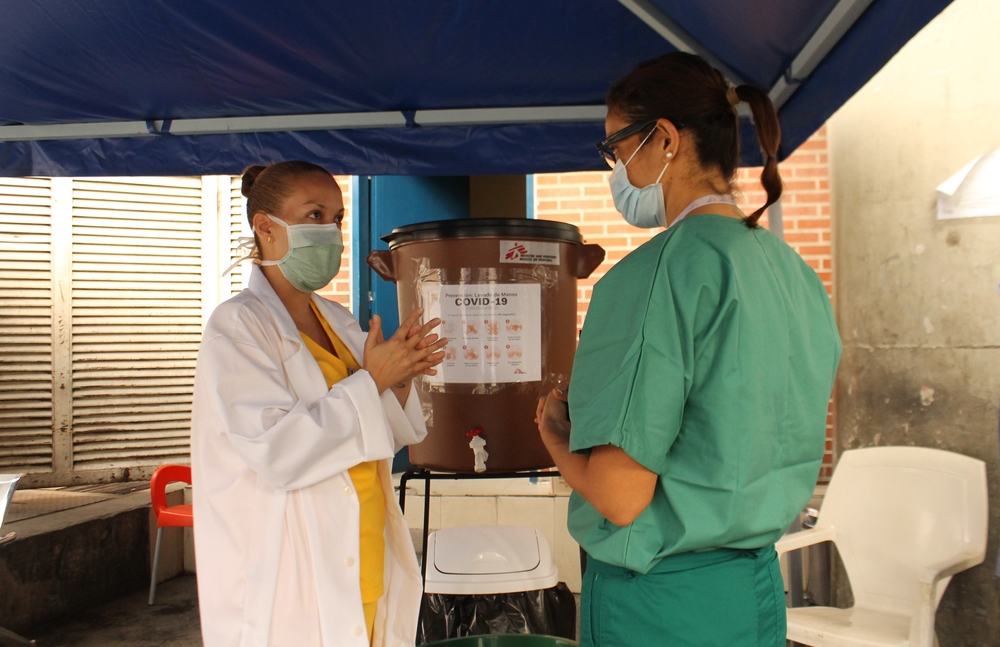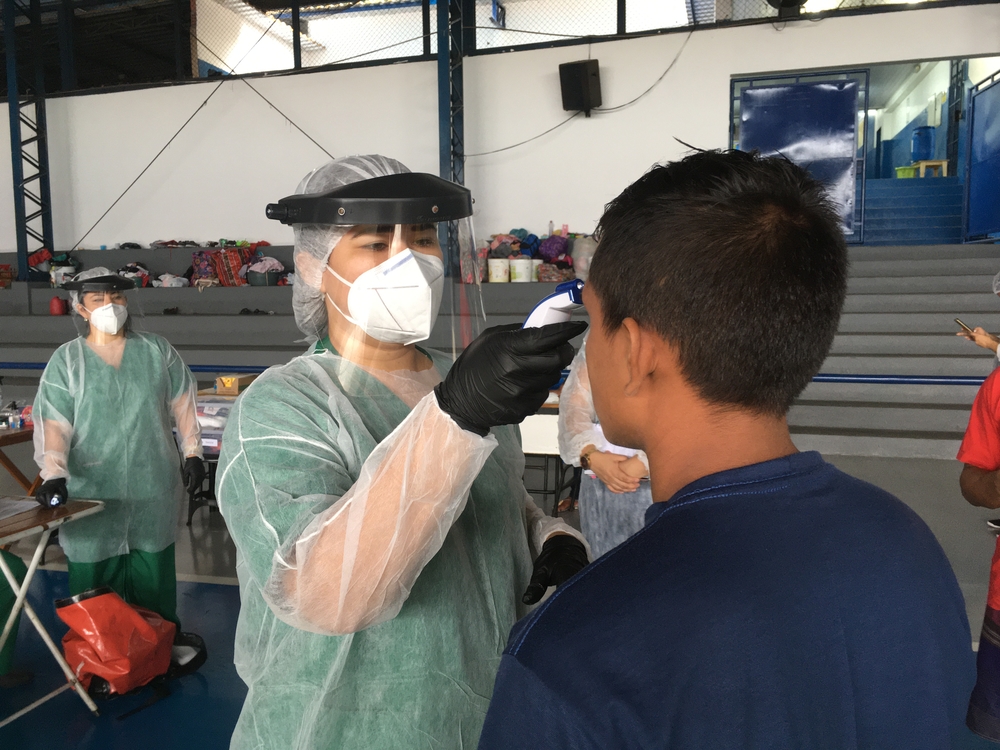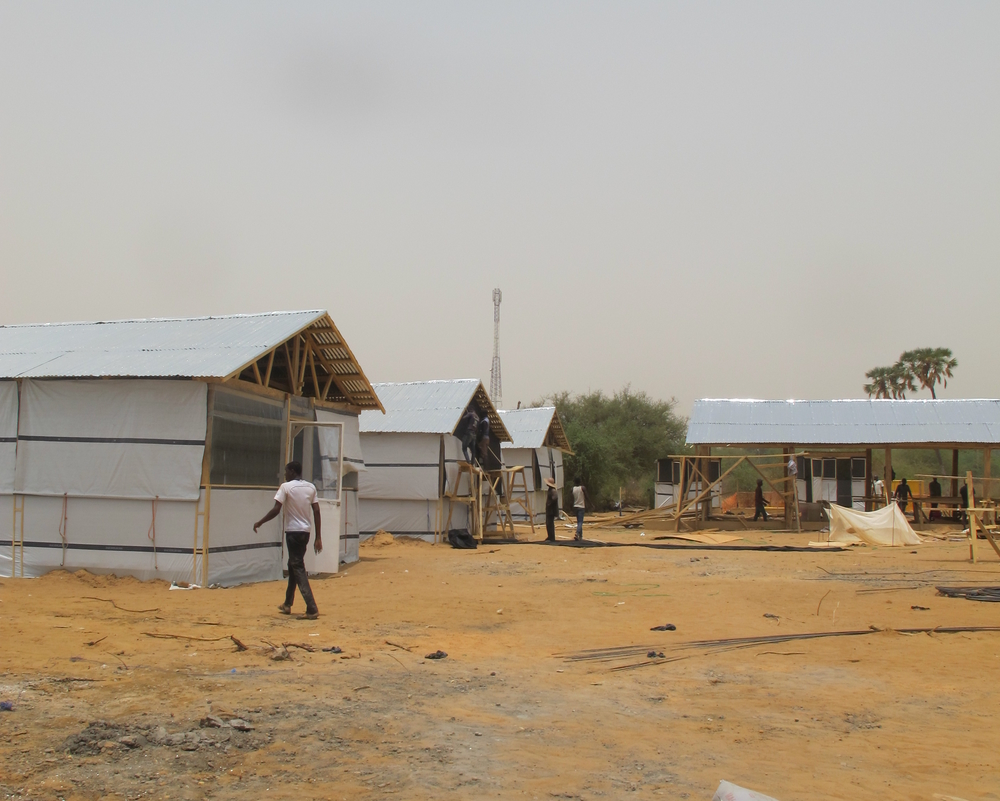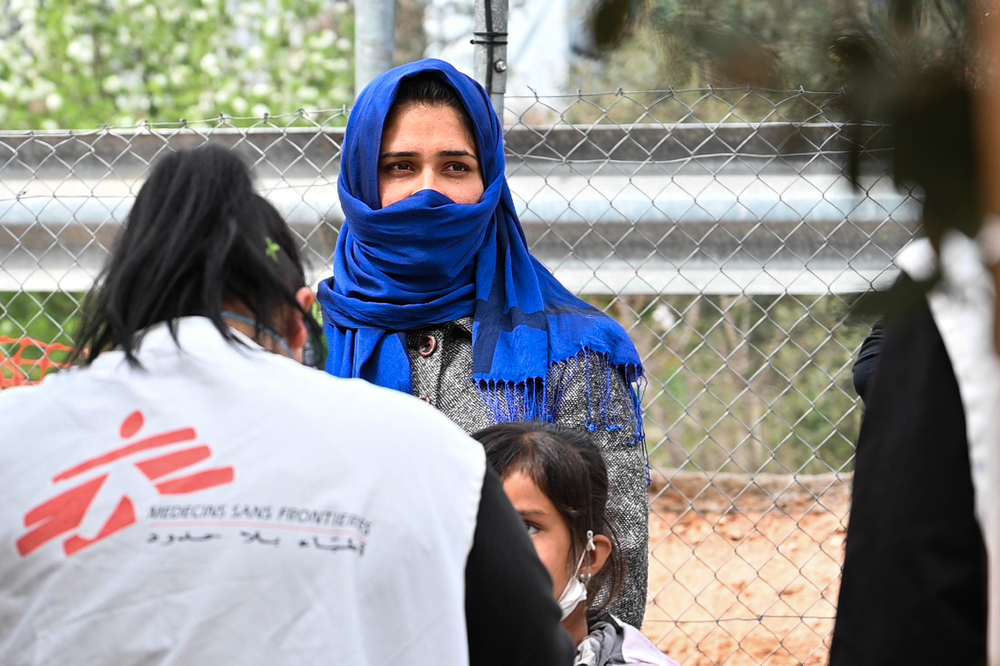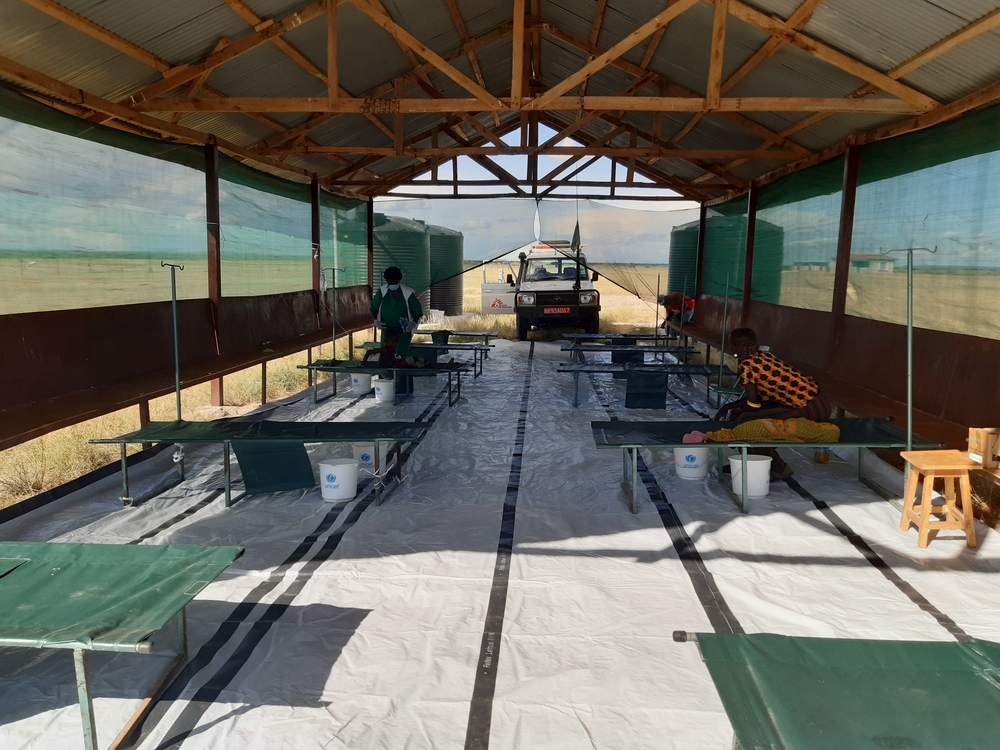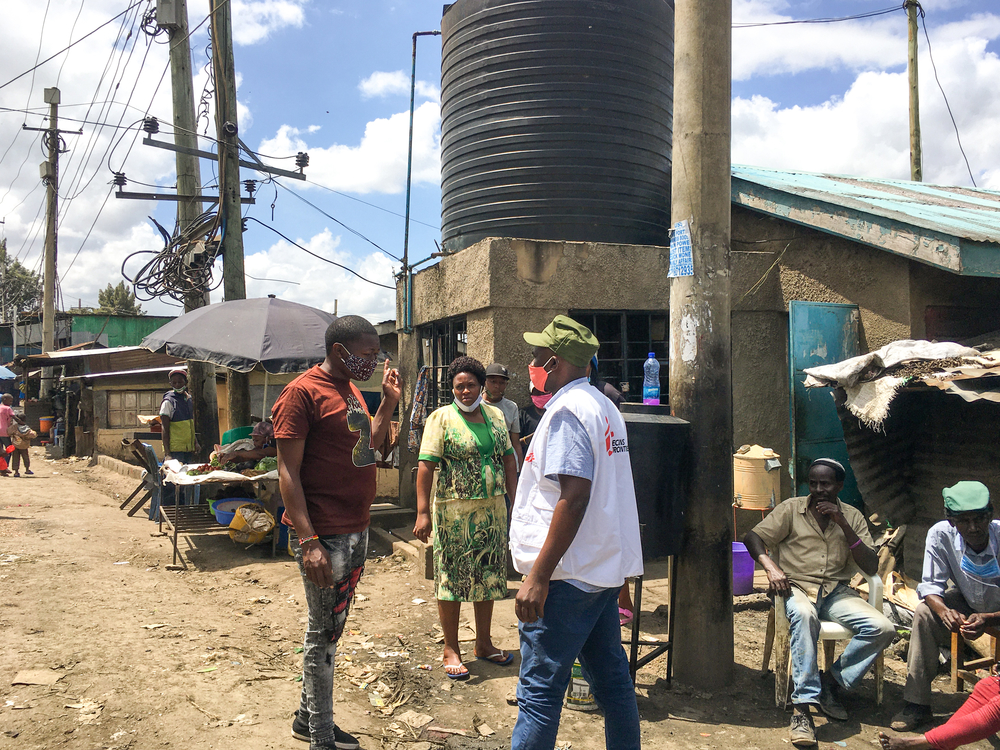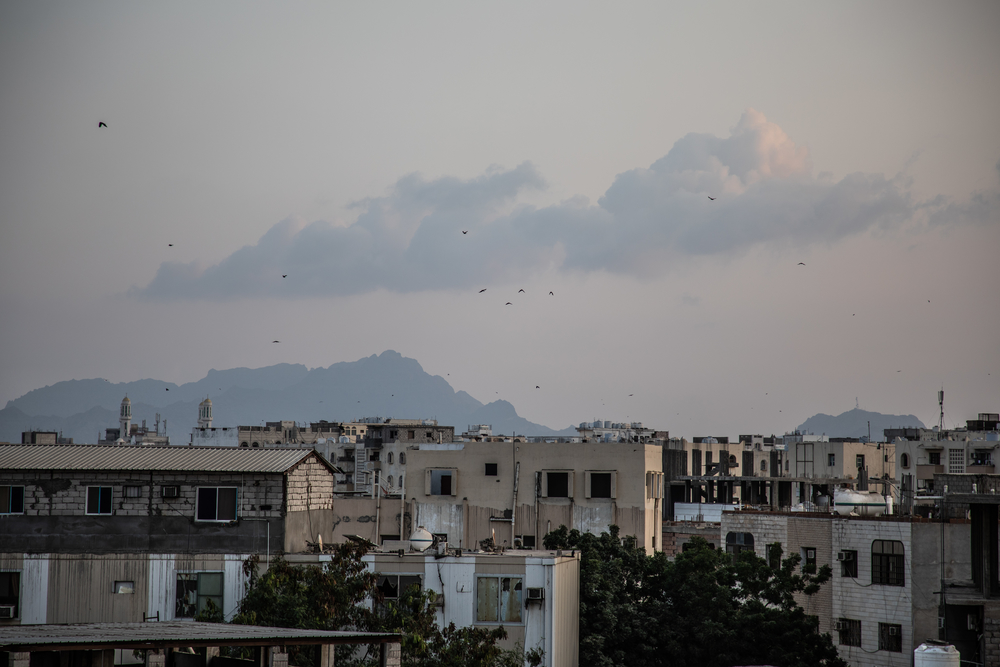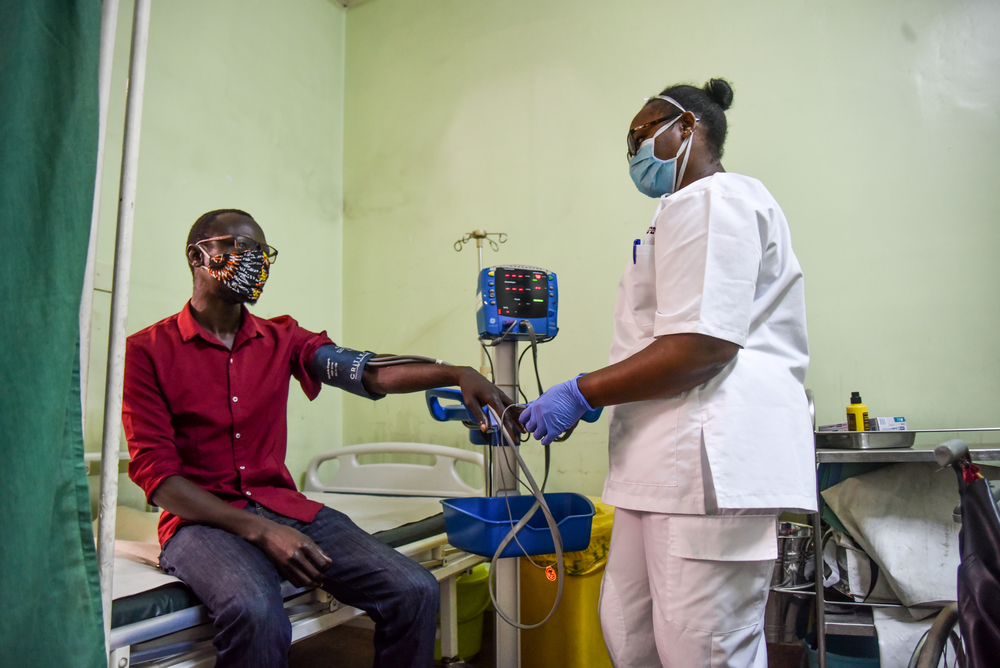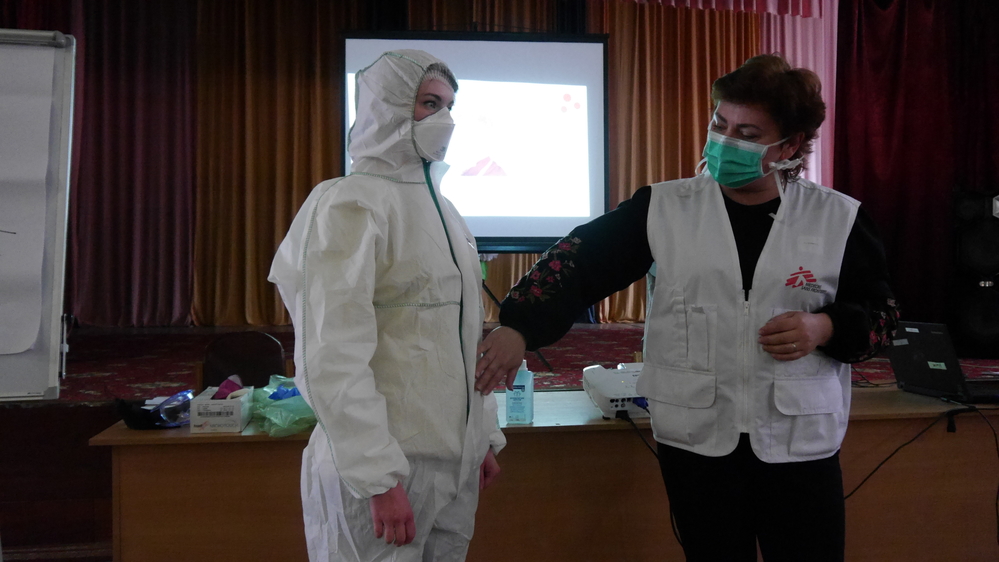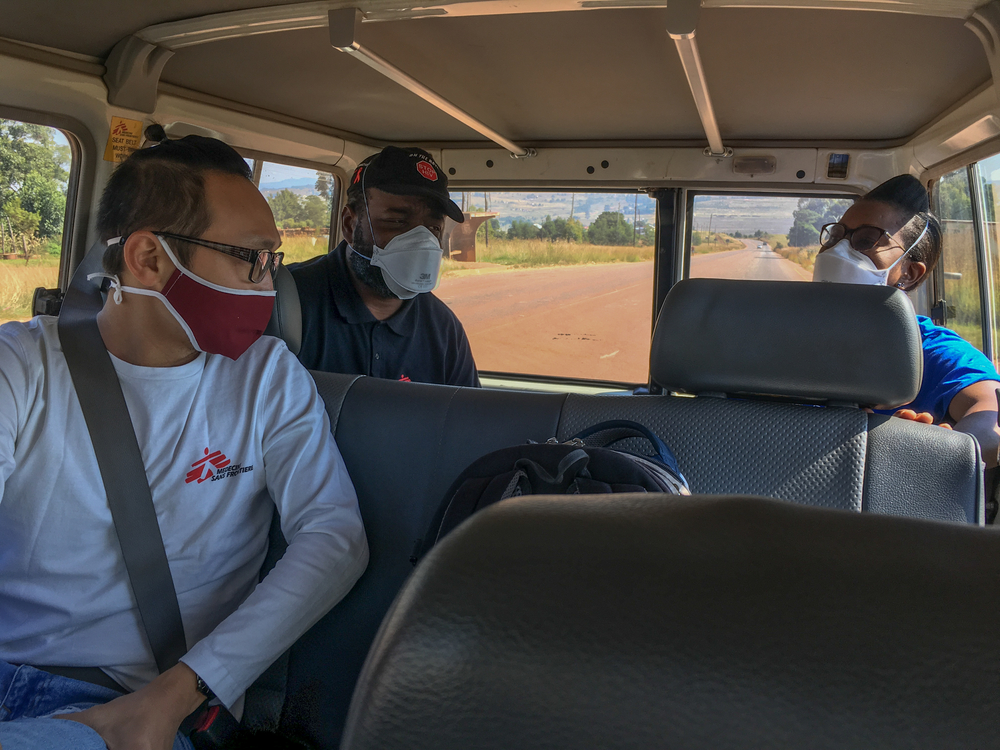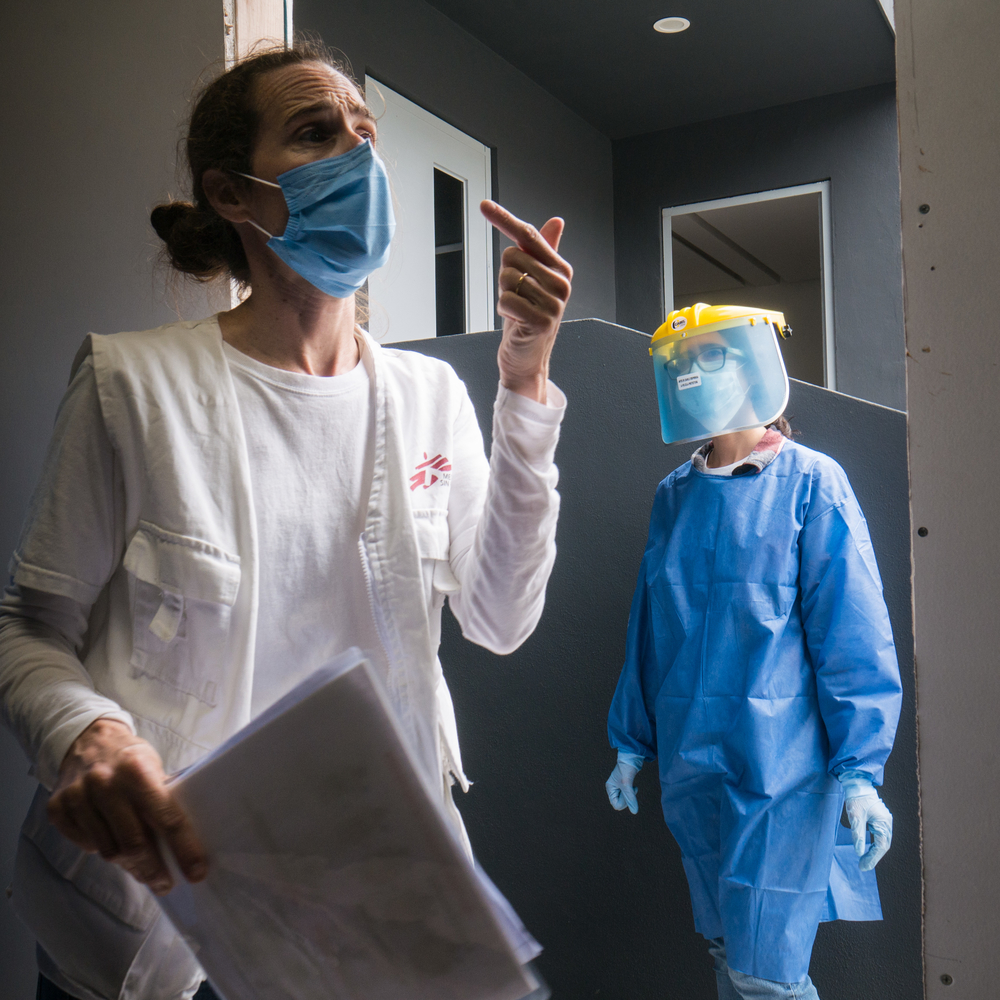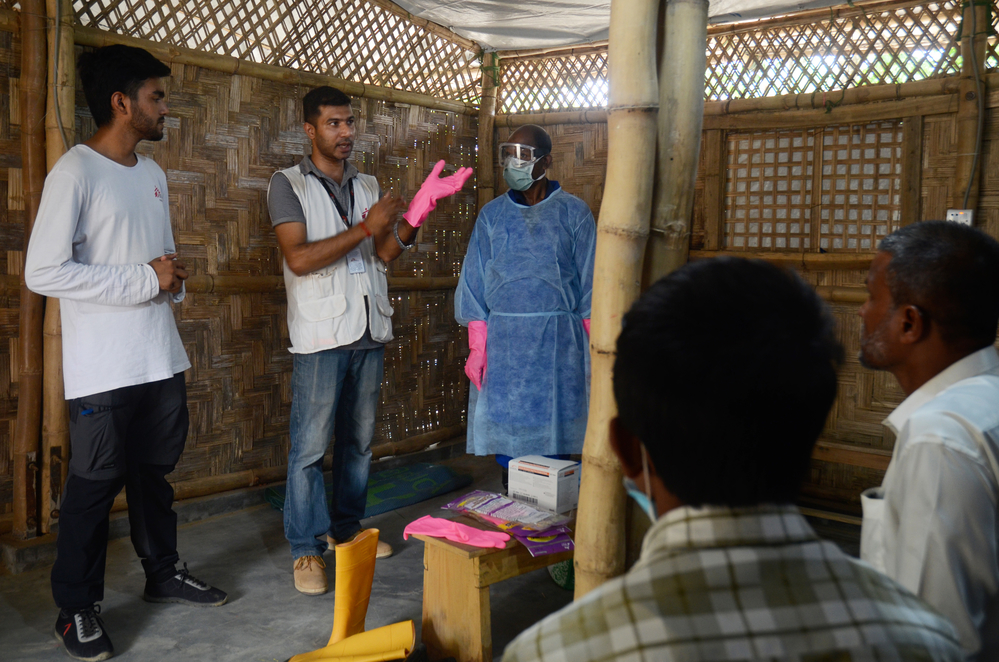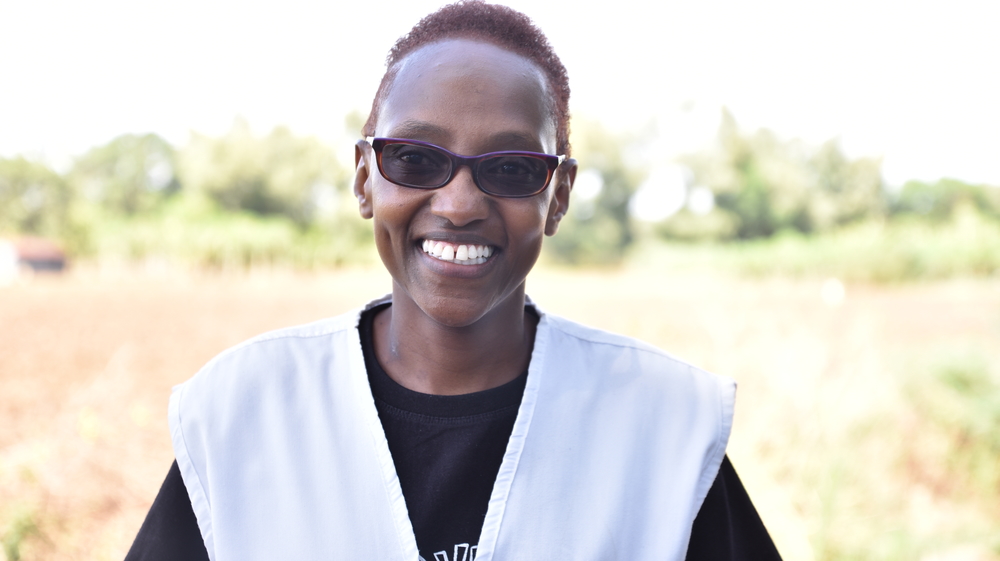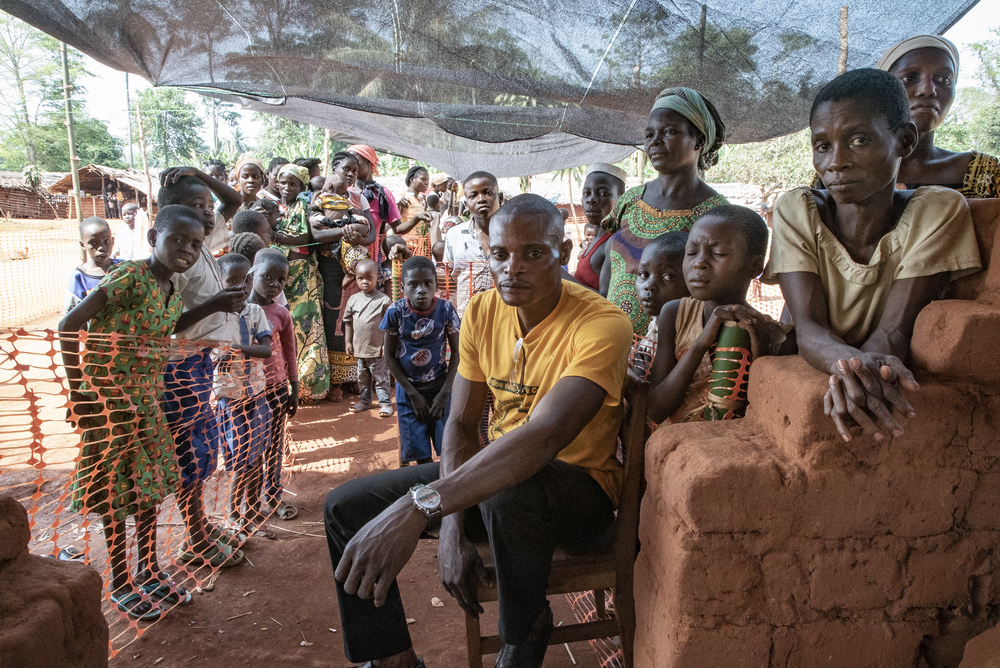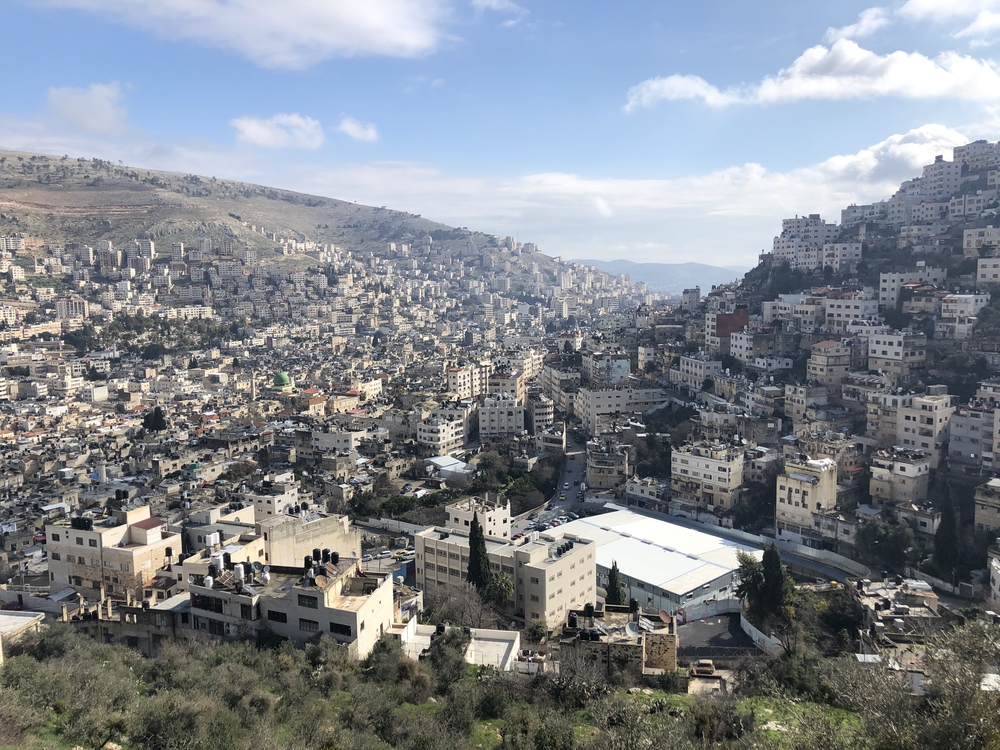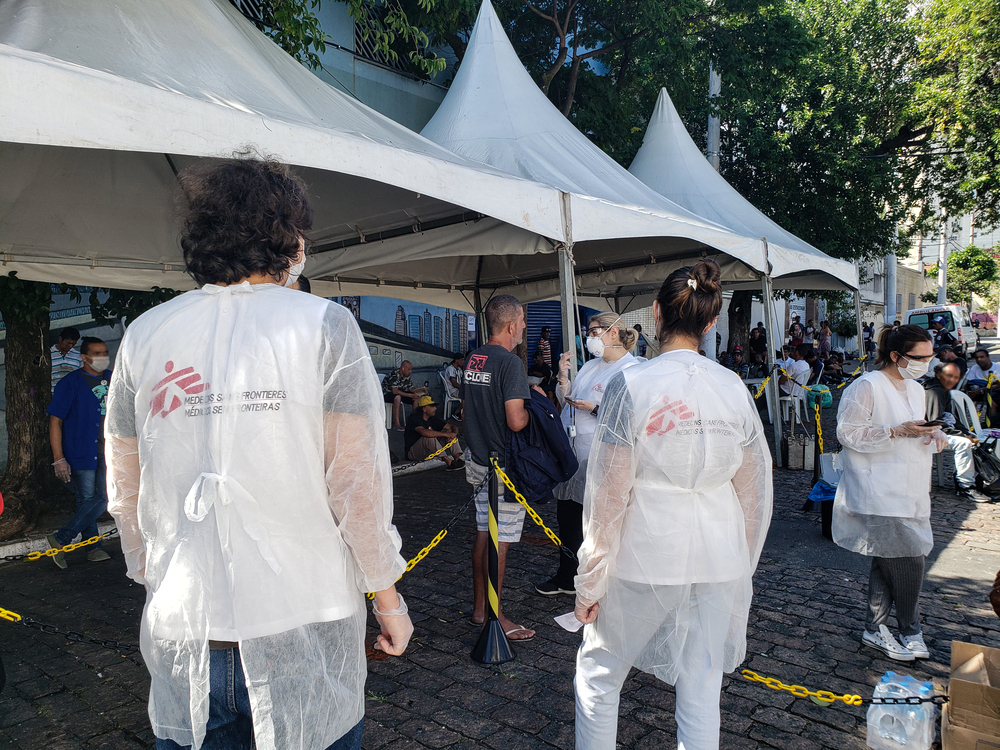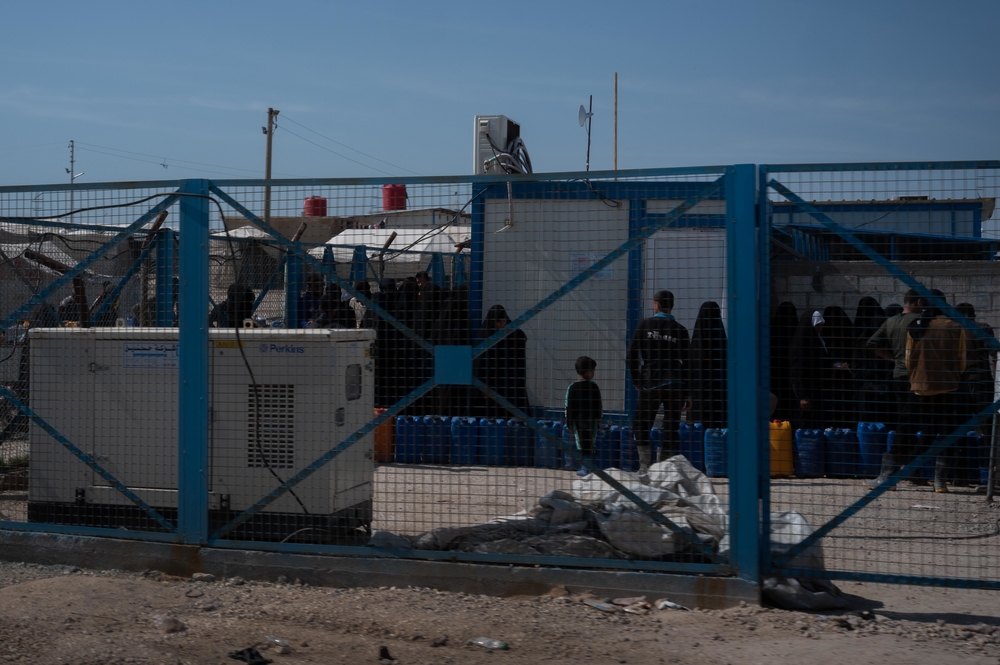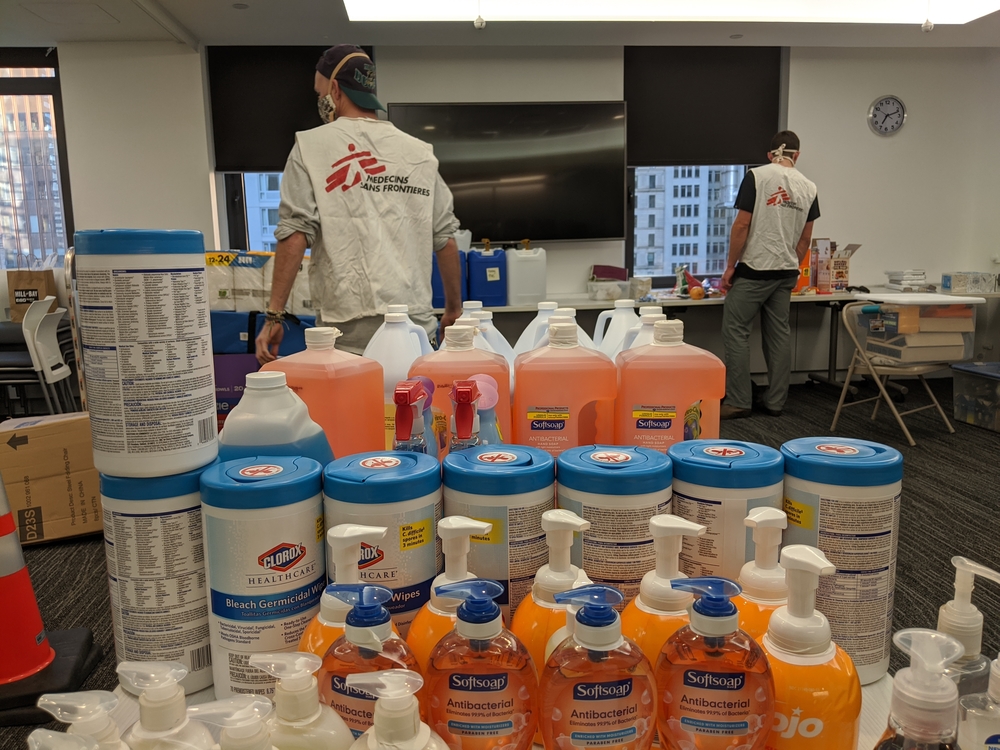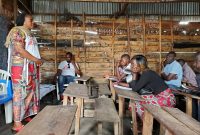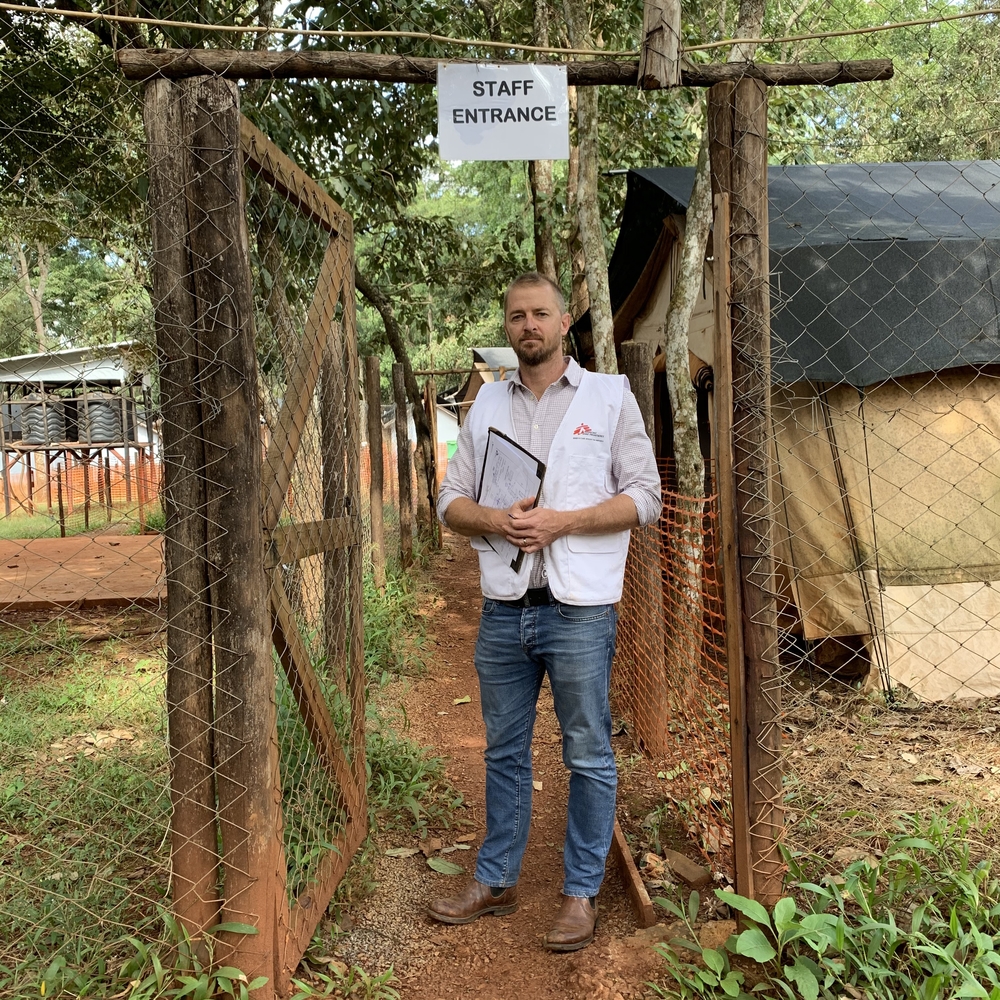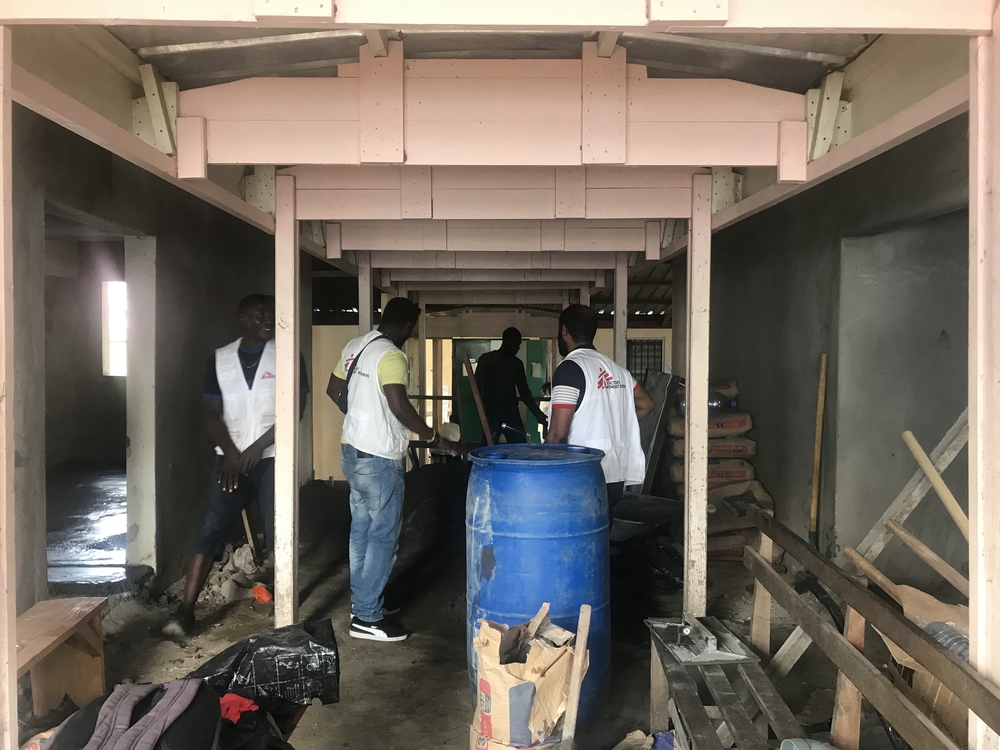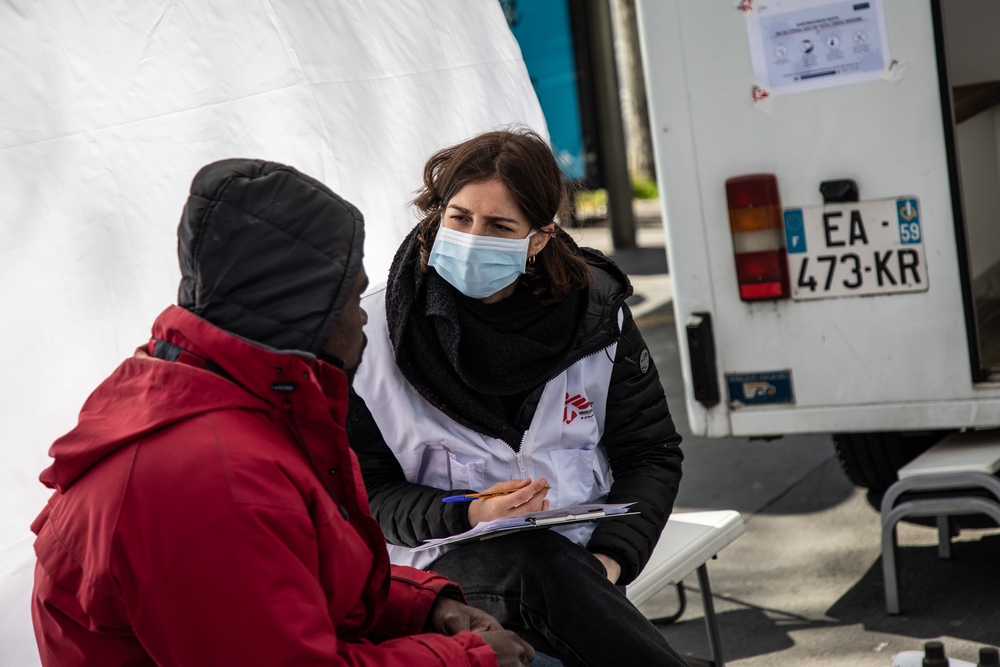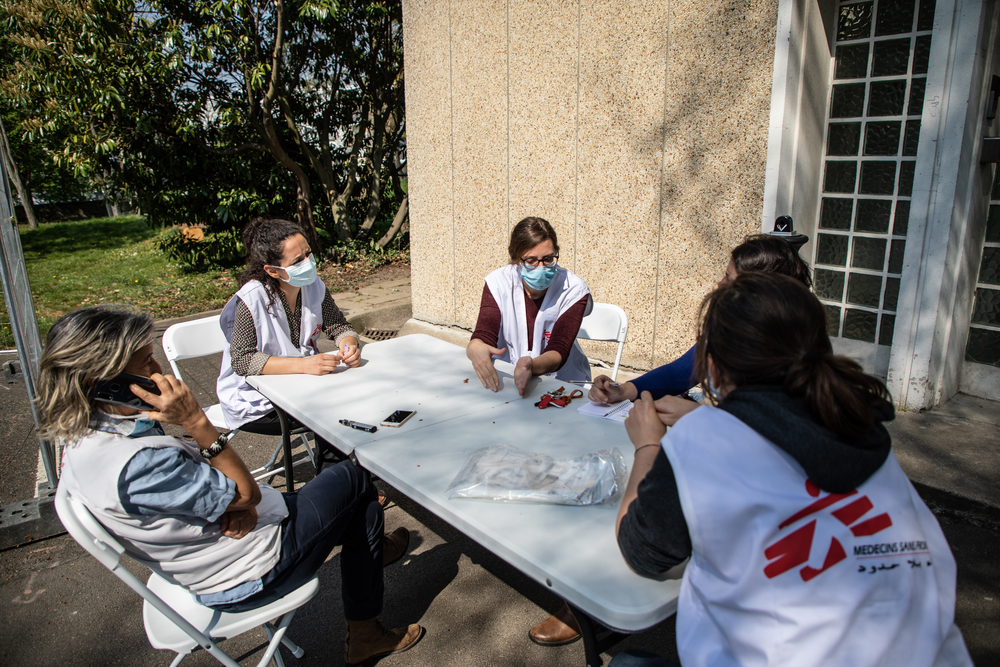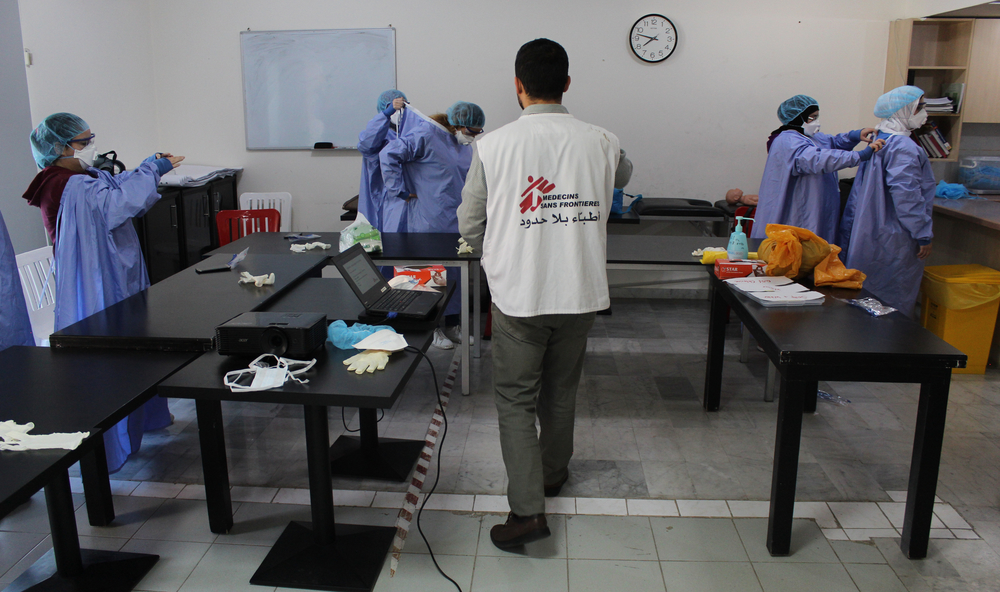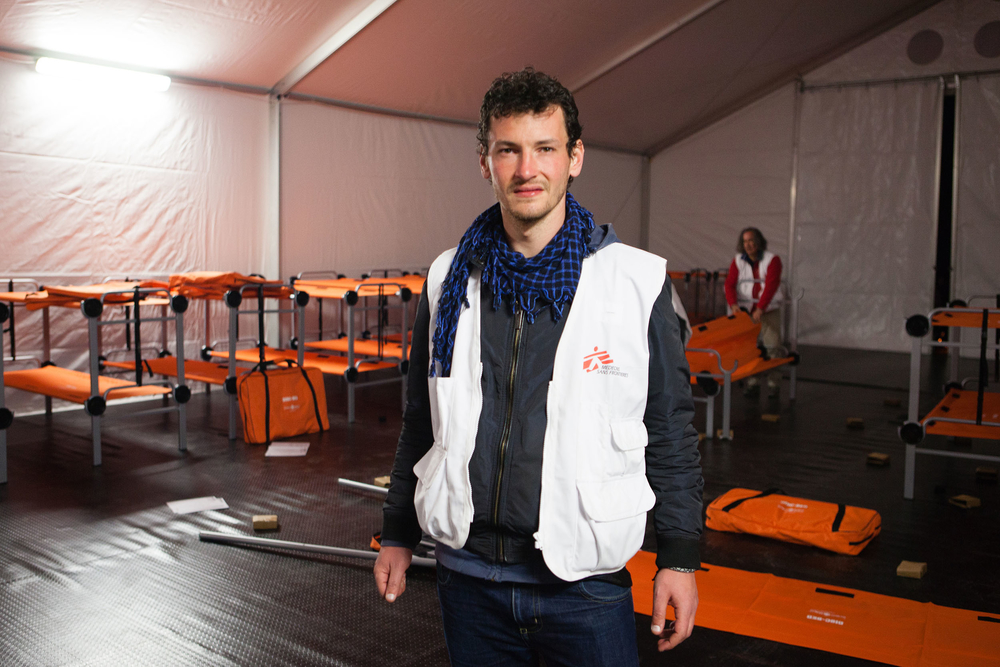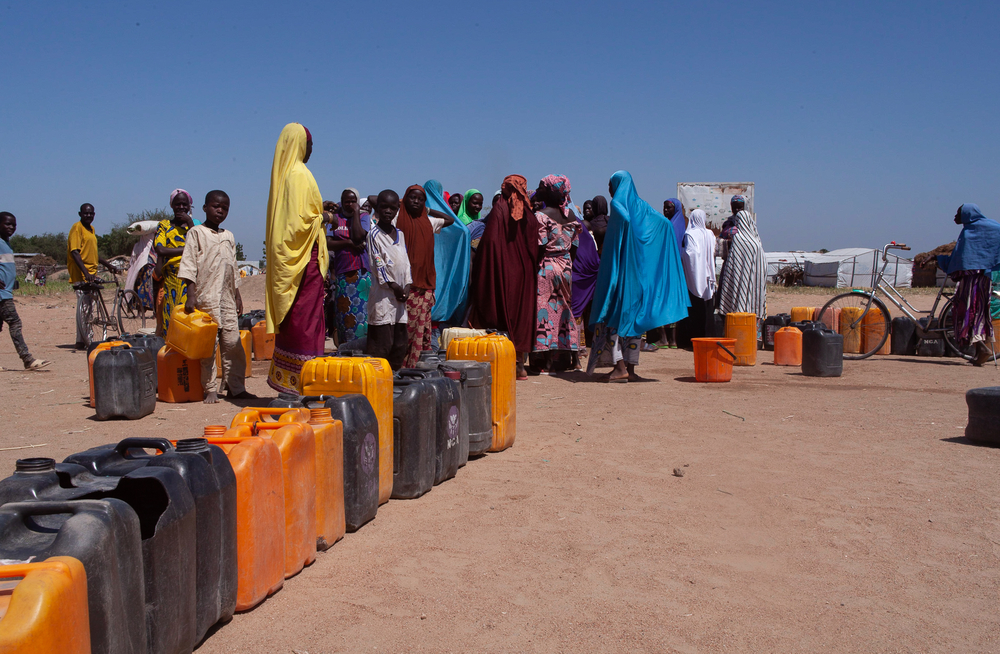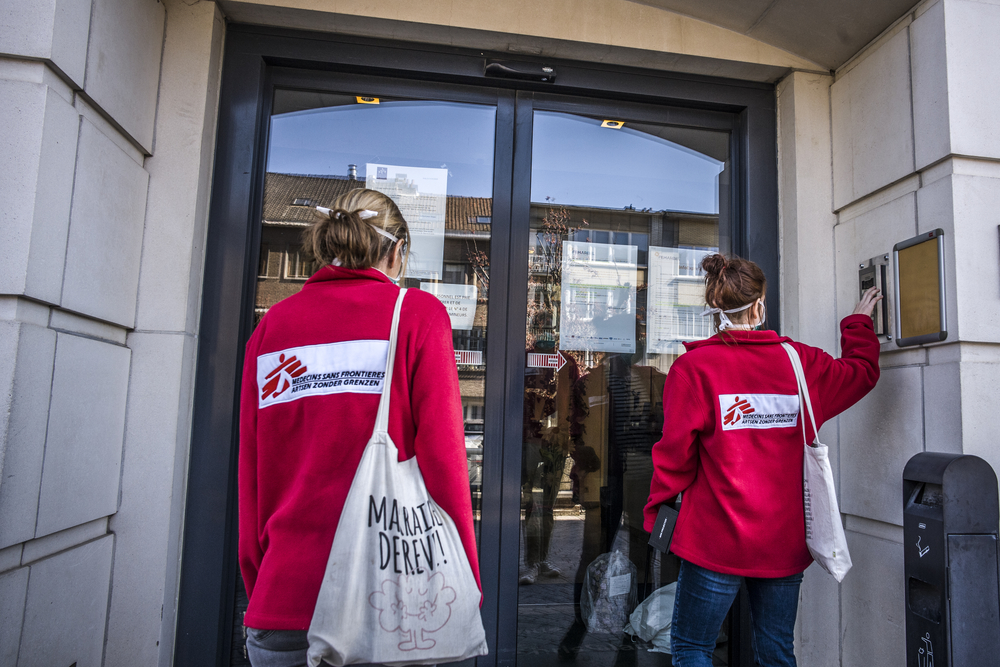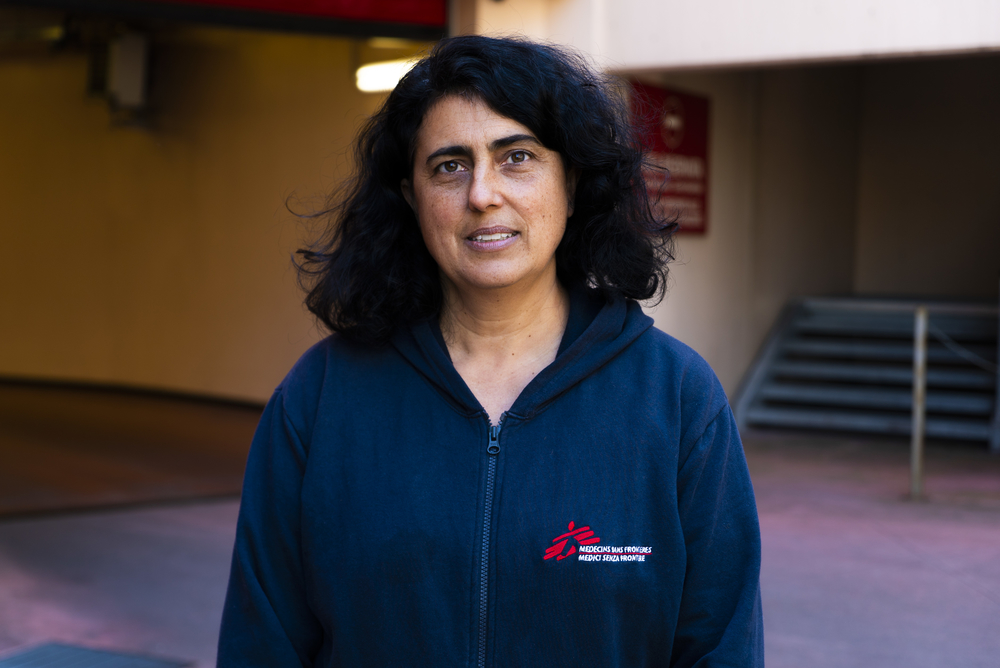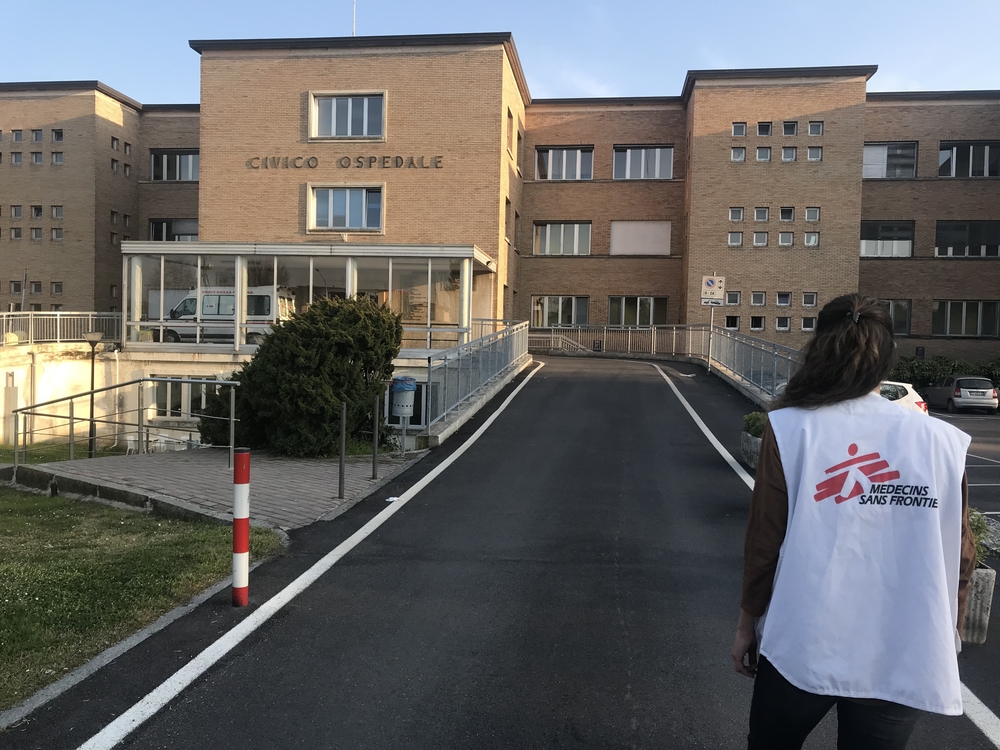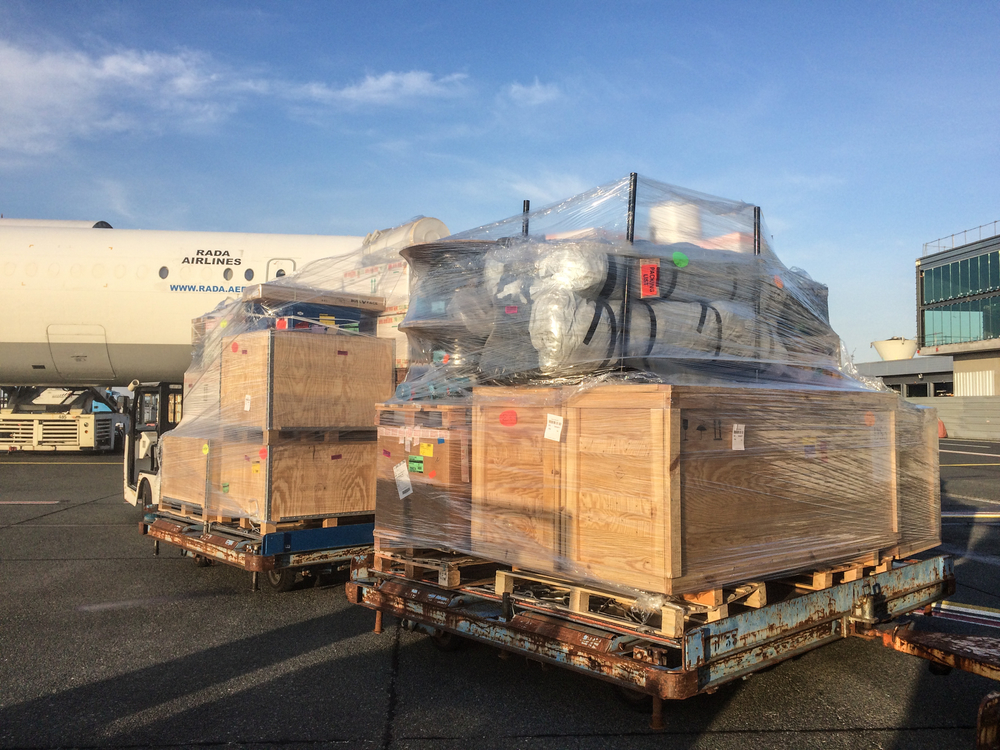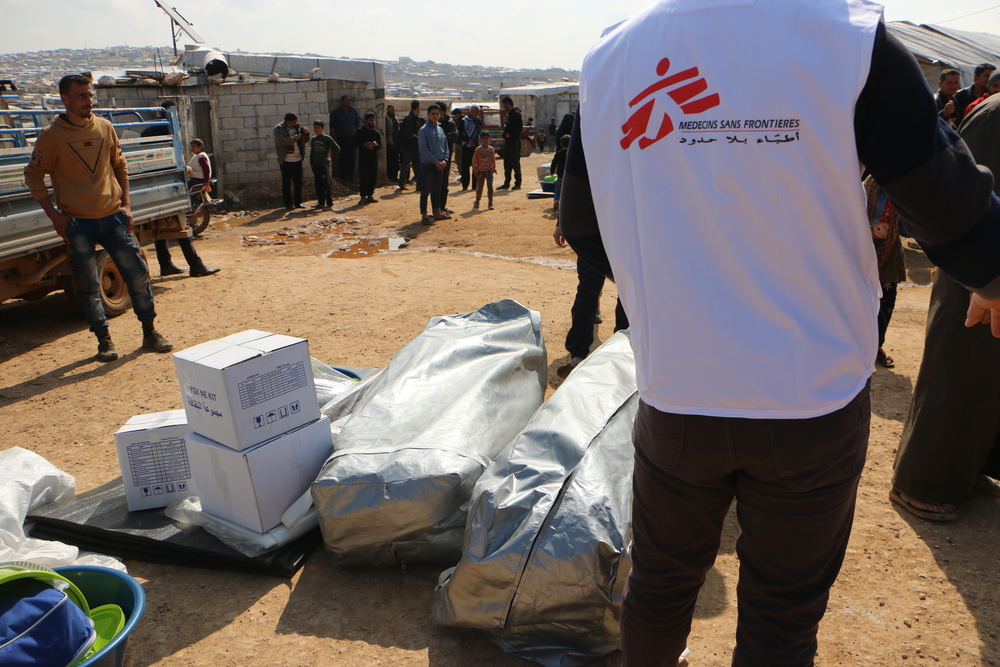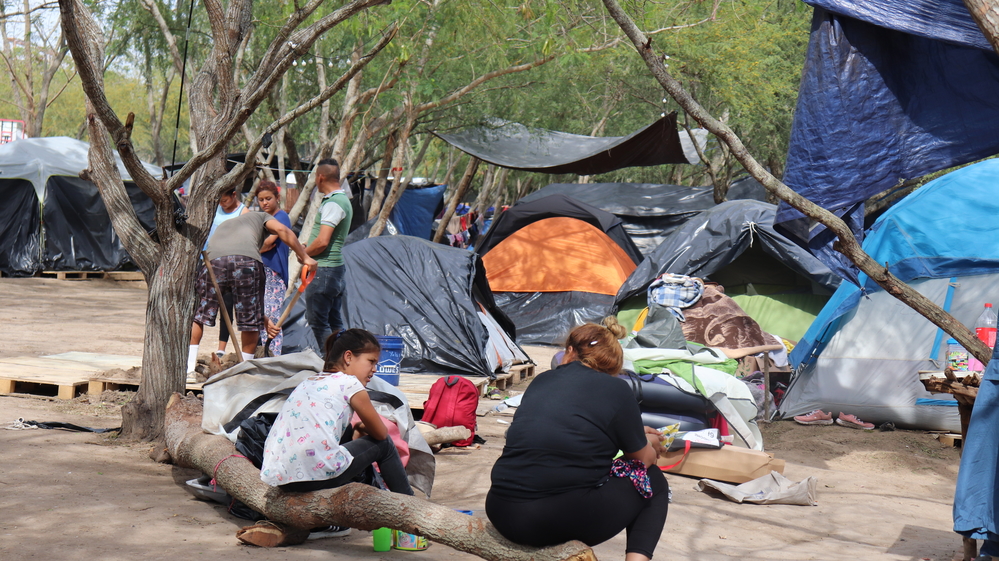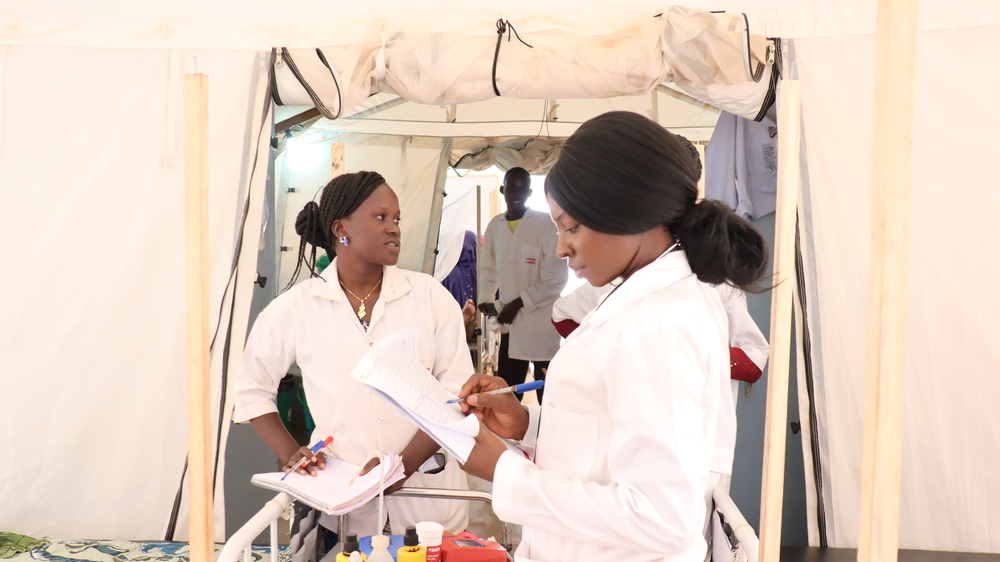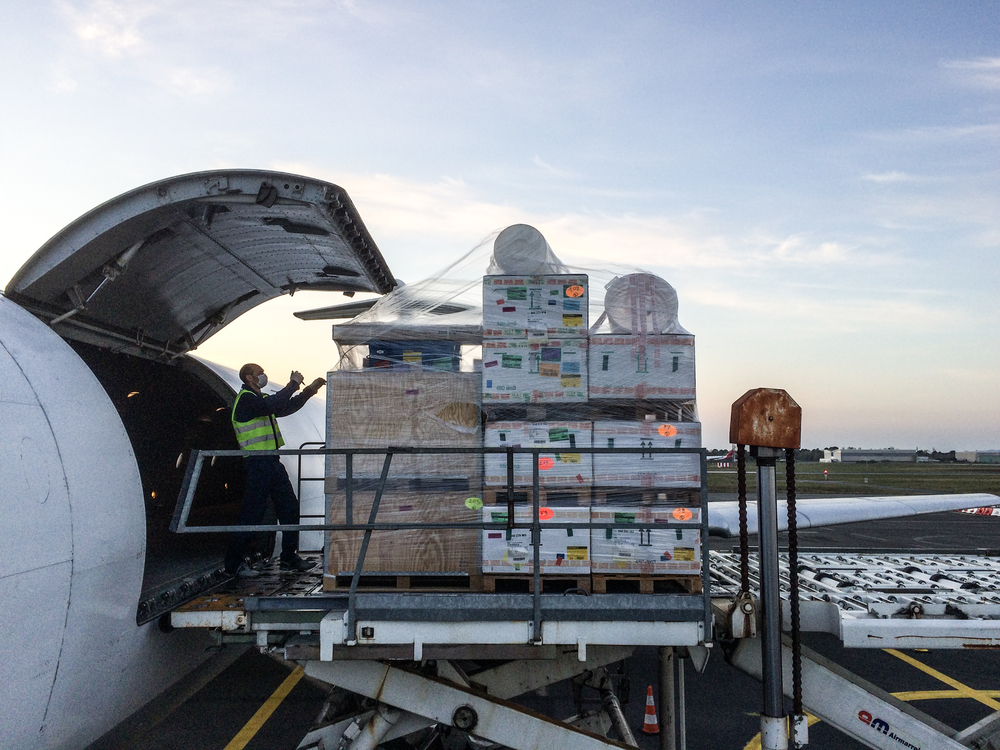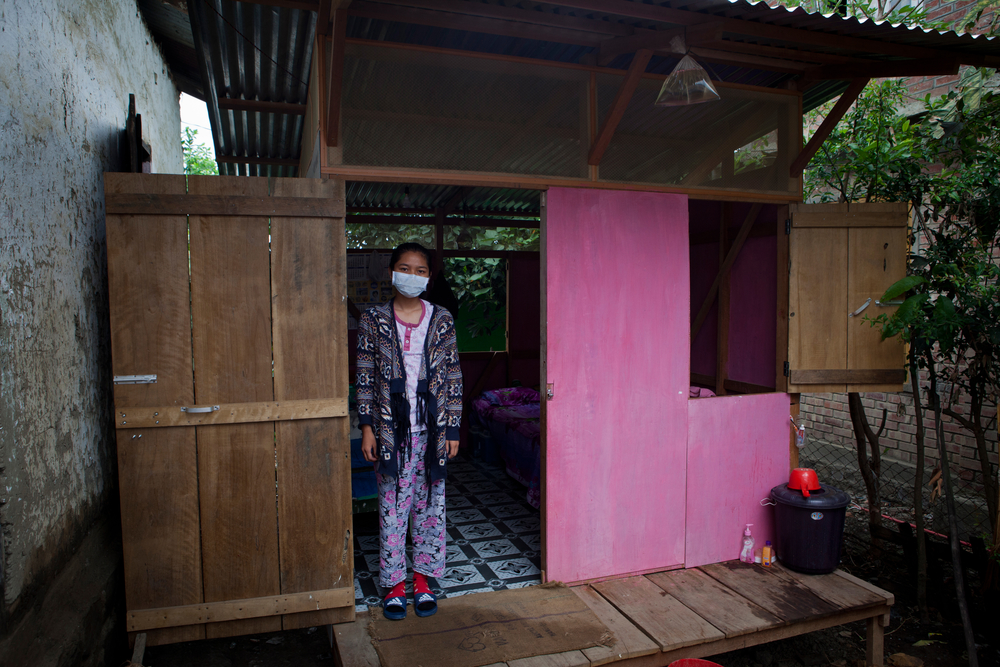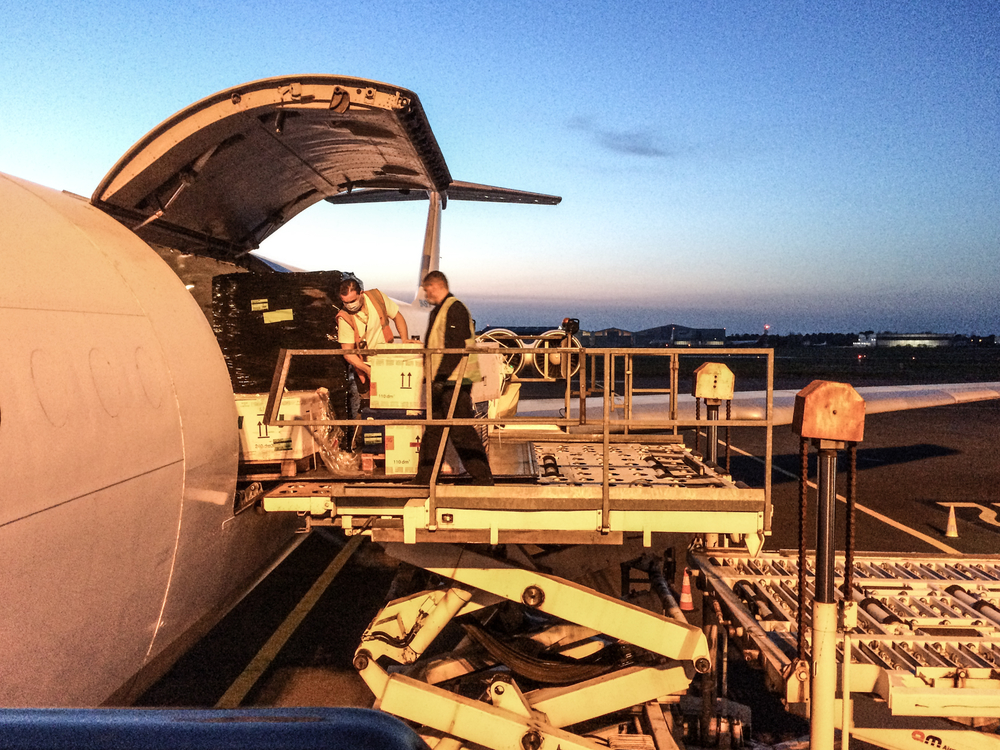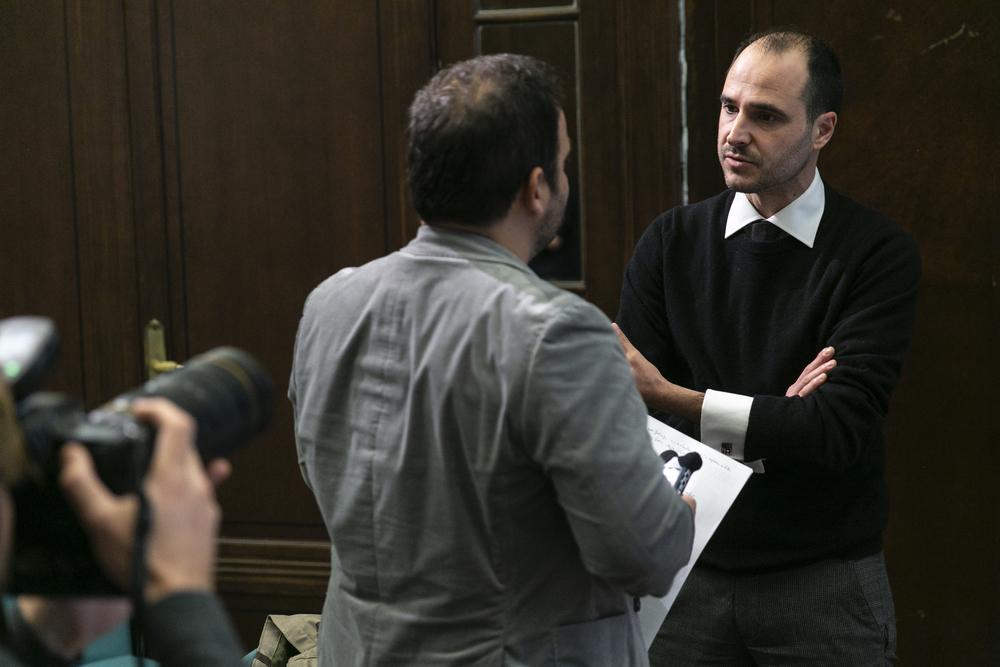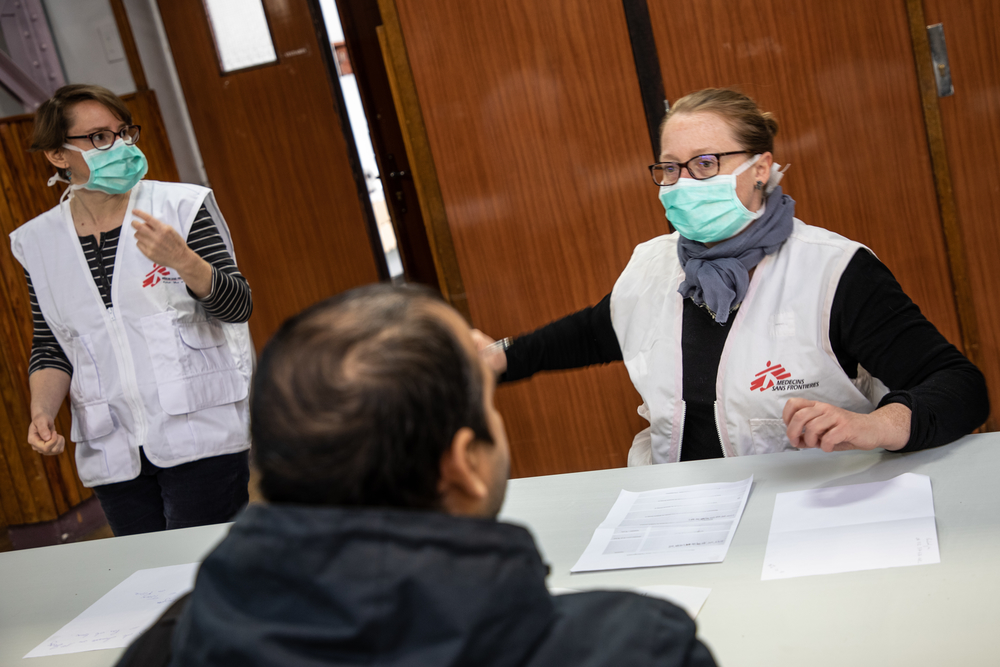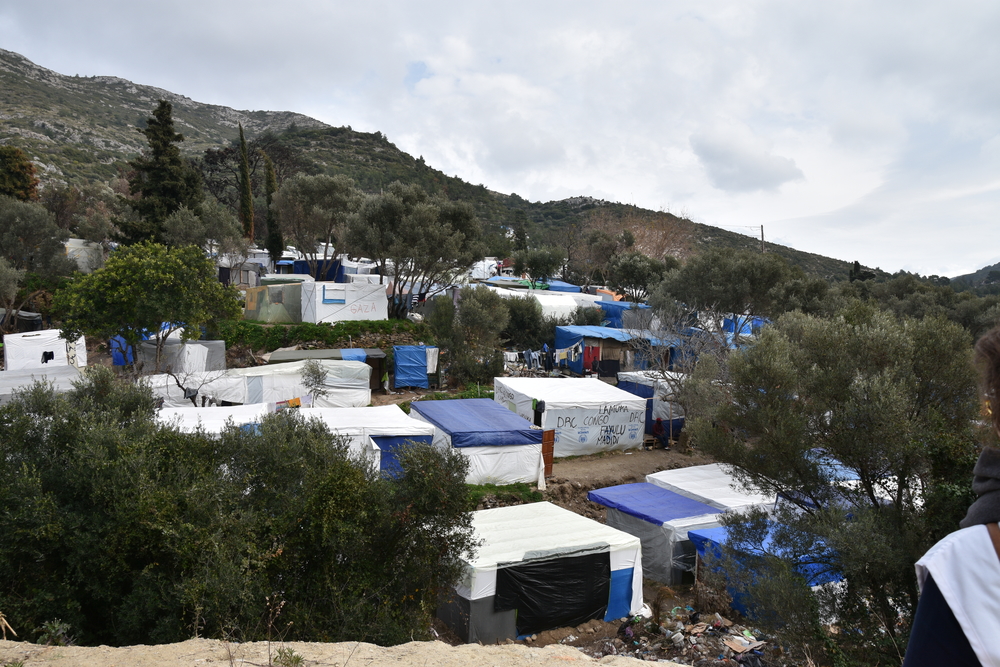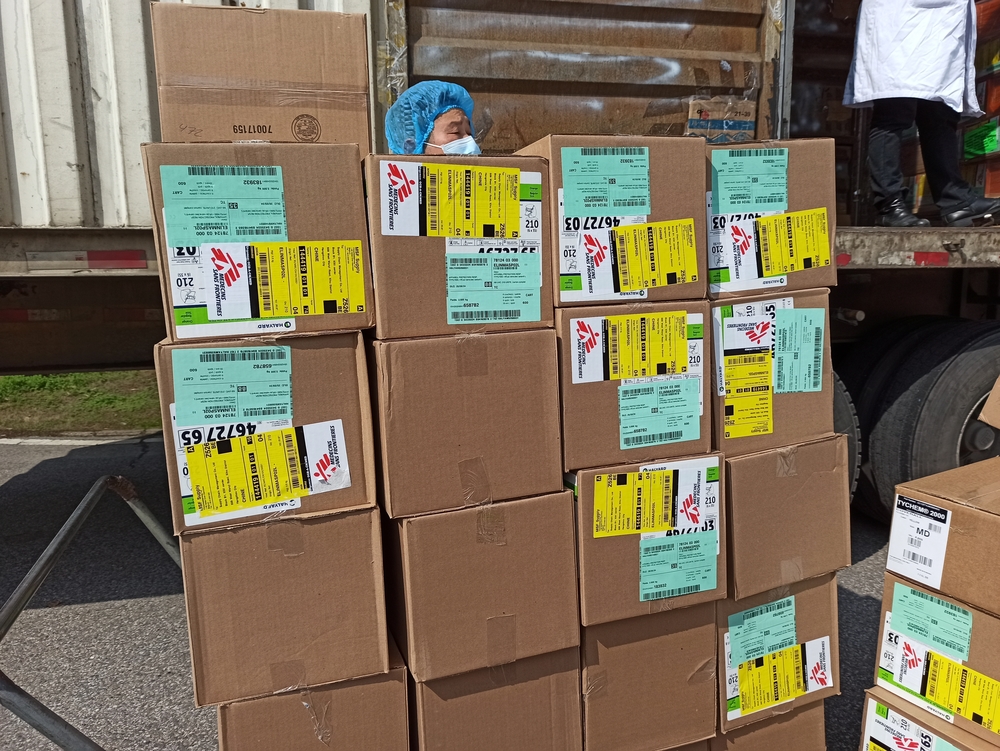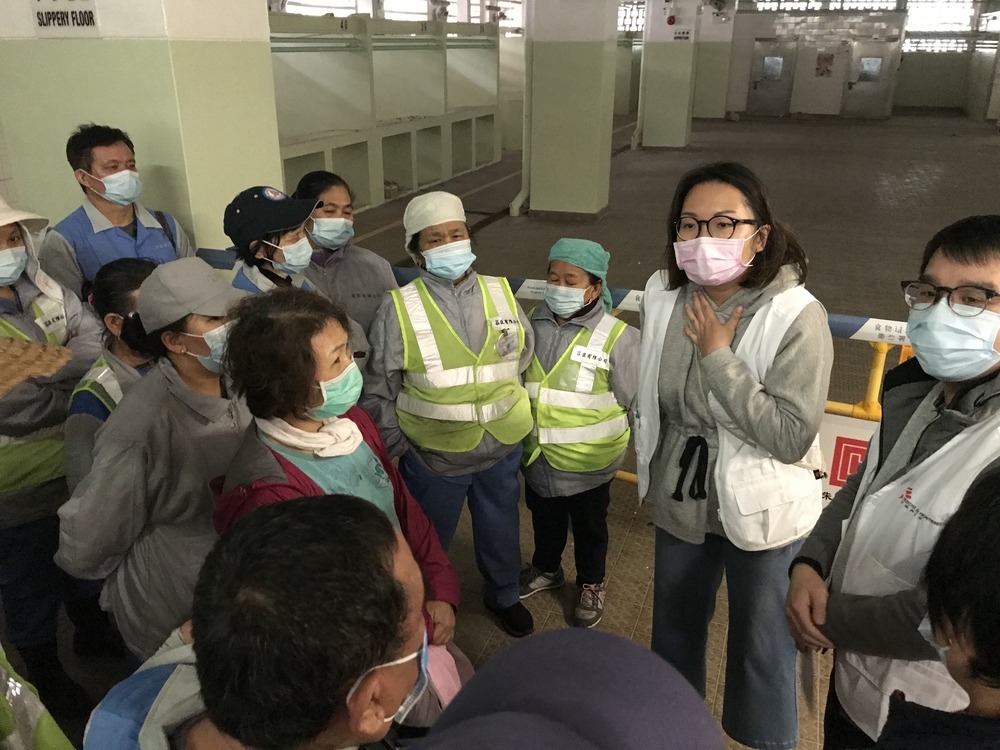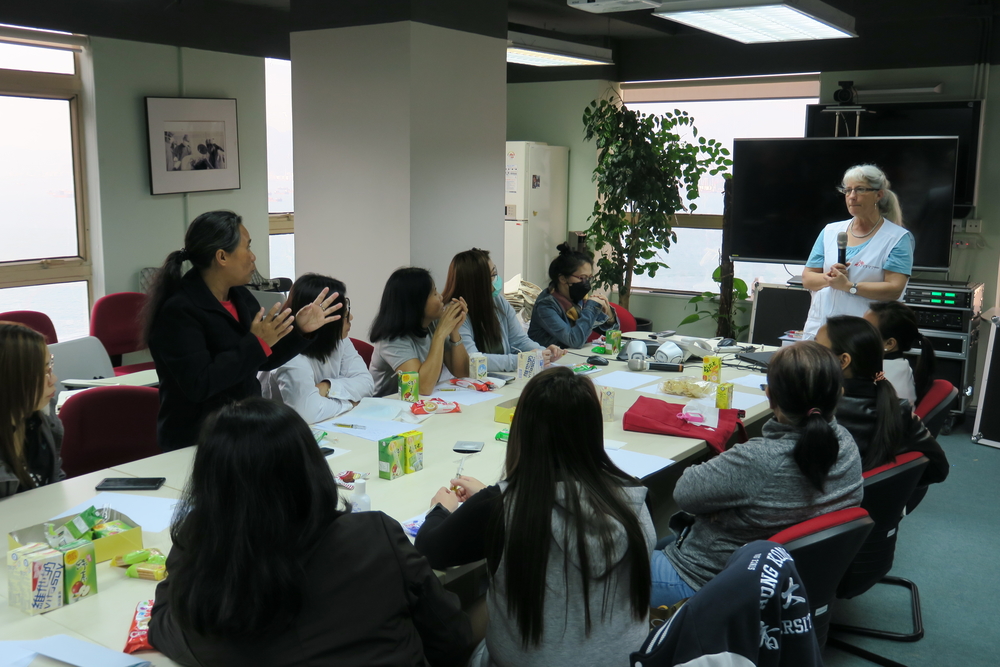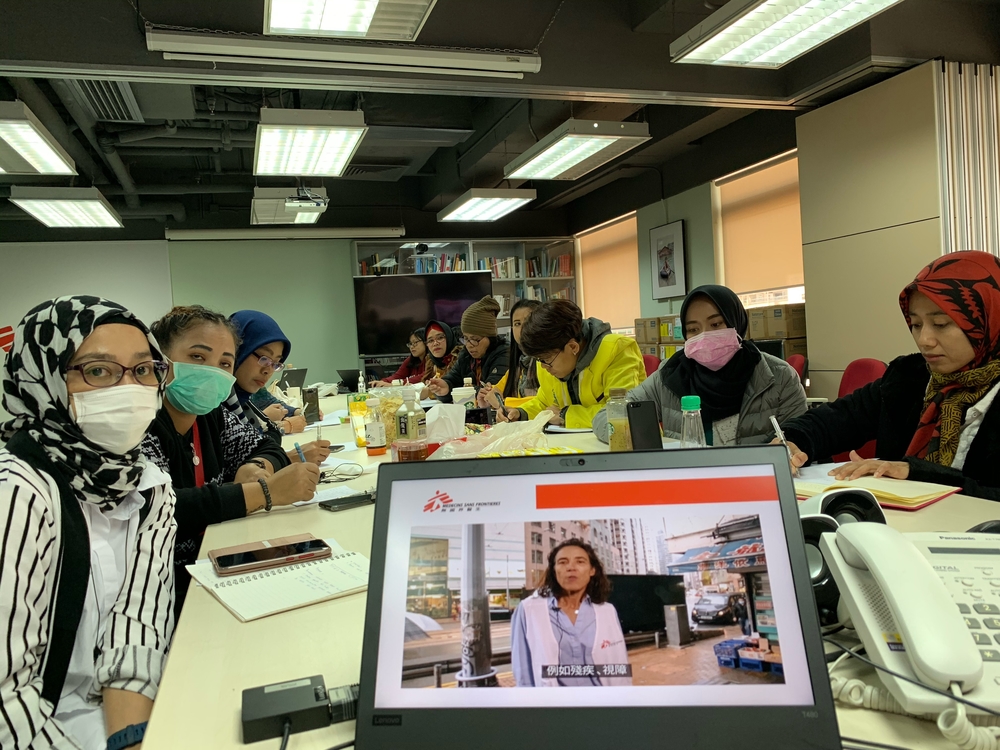Northwest Syria: Navigating COVID-19 in precarious context
On April 8, 2020, a Doctors Without Borders / Médecins Sans Frontières (MSF) co-managed hospital in Idlib in Northwest Syria, received a 65-year-old man, suffering from a heart condition, and showing COVID-19 symptoms, such as acute respiratory distress and fever. Upon arrival, he was immediately admitted in an observation tent outside the hospital, set-up by MSF as part as its COVID-19 response.
The team provided him with oxygen and gave him the best medical care possible, while waiting for an ambulance to refer him to a dedicated structure for test and follow-up, in accordance with referral plans agreed amongst the World Health Organization (WHO) and health actors in the region.
The medical staff then tried to organize his referral by contacting two facilities, one dedicated by the World Health Organization (WHO) and the other by local health authorities, to treat suspected or confirmed COVID-19 cases. However, none of the two hospitals could accommodate him. The necessary supplies for his treatment were not available in one of the medical facilities and the other one was not yet ready to admit suspected or confirmed COVID-19 patients. The ambulance service, contacted for the referral, was also not yet ready to handle the patient’s transfer.
“Despite these different refusals, the medical team on site kept looking for solutions for this patient”, explains Cristian Reynders, MSF Field Coordinator for Northwest Syria. An hour after the patient’s arrival at the MSF co-managed facility, the WHO’s disease surveillance team came to collect a test sample that confirmed, 24 hours later, that the patient did not suffer from COVID-19.
Later that day, another ambulance was mobilized to transport the patient to the first hospital contacted, which had done its utmost, in the meantime, to find the necessary supplies to be able to admit him, despite facing shortages, even in protection equipment to be able to treat such patients.
“This course of events demonstrates two important lessons. One that we knew and another that we have been concerned about: it is well-known that the health system in Idlib is completely overstretched and low on supplies. And this already-challenging situation to keep people healthy will be overrun if COVID-19 spreads here. Just a single suspected case has shown that this region will struggle to cope in the face of this pandemic” explains Cristian Reynders.
Over the past months and years, MSF has been vocal about the critical situation in northwest Syria but also about the limitations that we, and other medical actors, face to properly respond to the needs and offer an adequate treatment to the patients” adds Reynders. “Today, we struggle to get supplies and human resources into Northwest Syria and this is massively hampering our capacity to scale up our response. We coordinate with other actors on the ground, but many are facing similar challenges. Yet, in our activities, we are constantly reminded of how medical assistance is urgently needed, even more so in the face of a pandemic.”
On April 9, 2020, the patient died of a heart failure. “We are saddened by this patient’s death. And although the test came back negative, this experience has shown that the region is not ready to cope with the pandemic. Urgent efforts are needed to be ready to face the coming storm”, warns Reynders. Six more patients with COVID-19 symptoms have already arrived at MSF’s co-managed hospital this week. The hospital admission system has been adapted to screen, detect and refer patients showing COVID-19 symptoms, to protect the medical staff and other patients of infections. But more needs to be done in the face of this situation.
“We’re all doing the best we can with the means available to us and the context that we need to deal with”, concludes Reynders. “But our incapacity to scale up our activities in Idlib and to do more in the face of this health emergency is a daily reality and could have dramatic consequences. We renew our calls on the relevant Turkish authorities to facilitate the urgent transit of essential supplies and access of staff into Northwest Syria, in order to allow the scale-up of our humanitarian and medical response there.”
- More from MSF in Northwest Syria
- Learn more about the impact of COVID-19 on MSF’s medical humanitarian work
